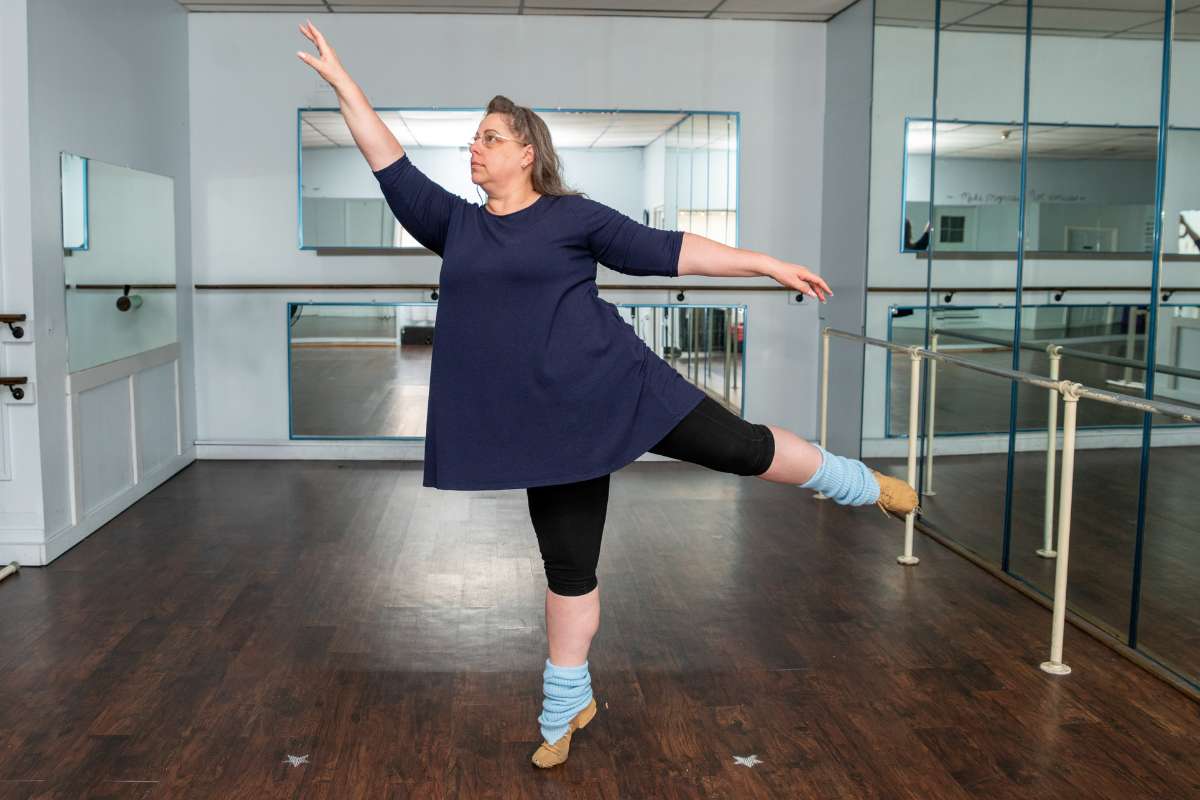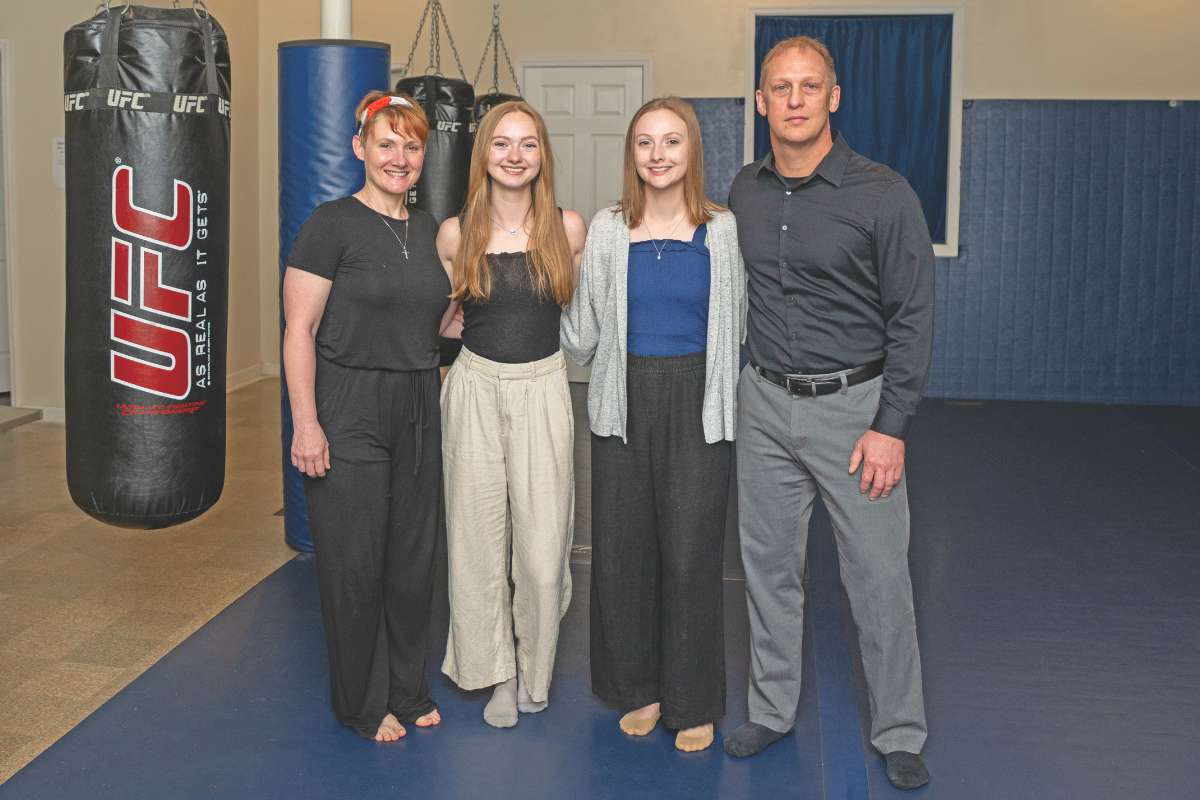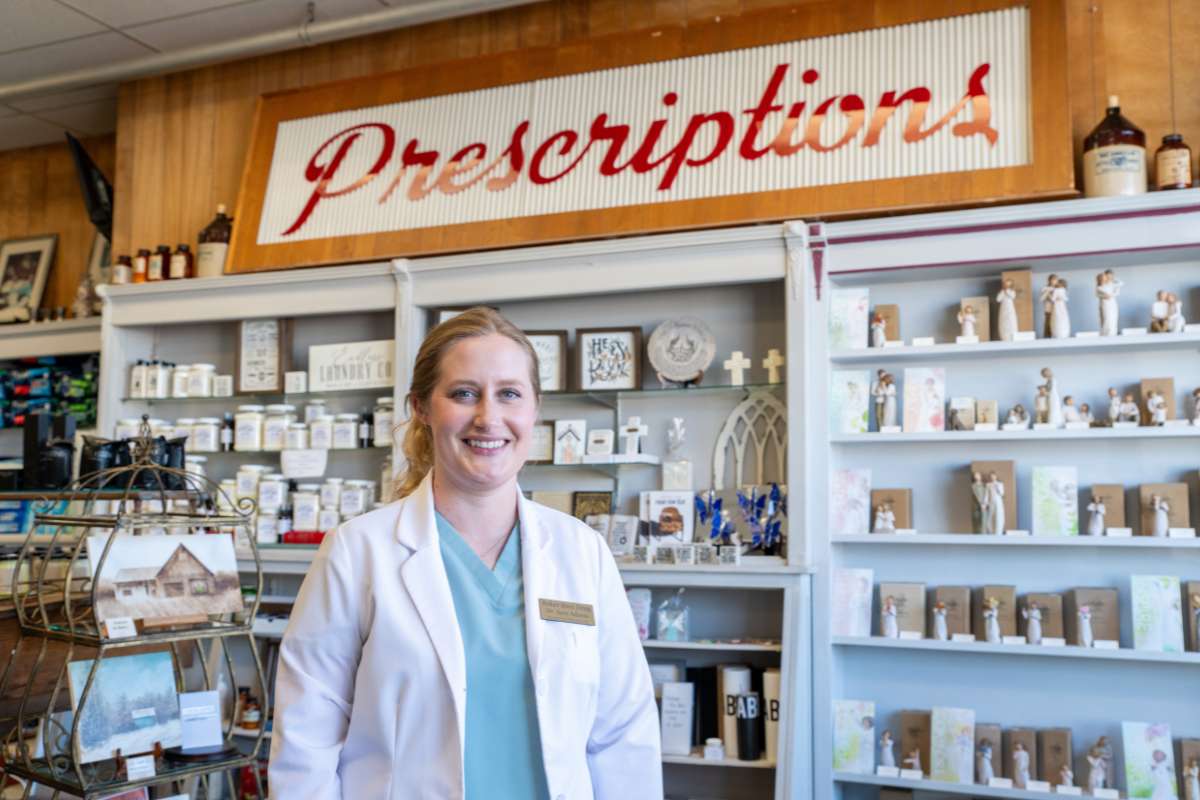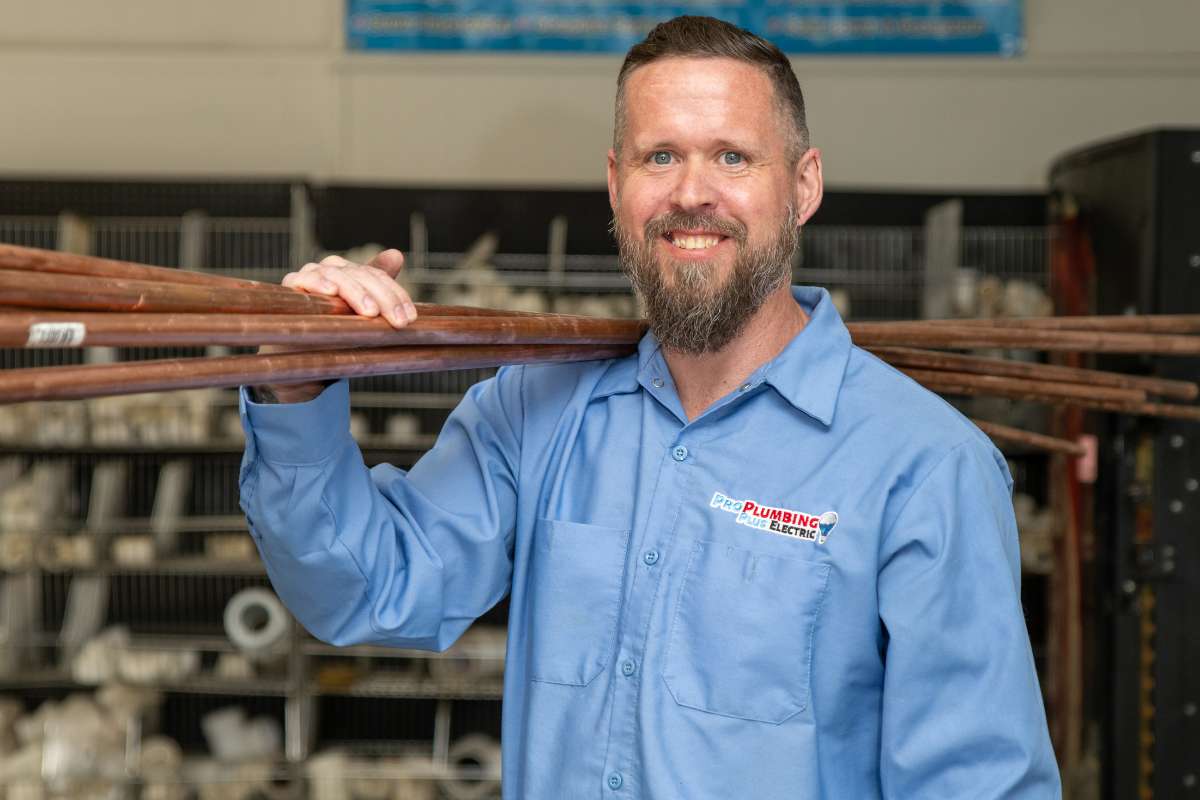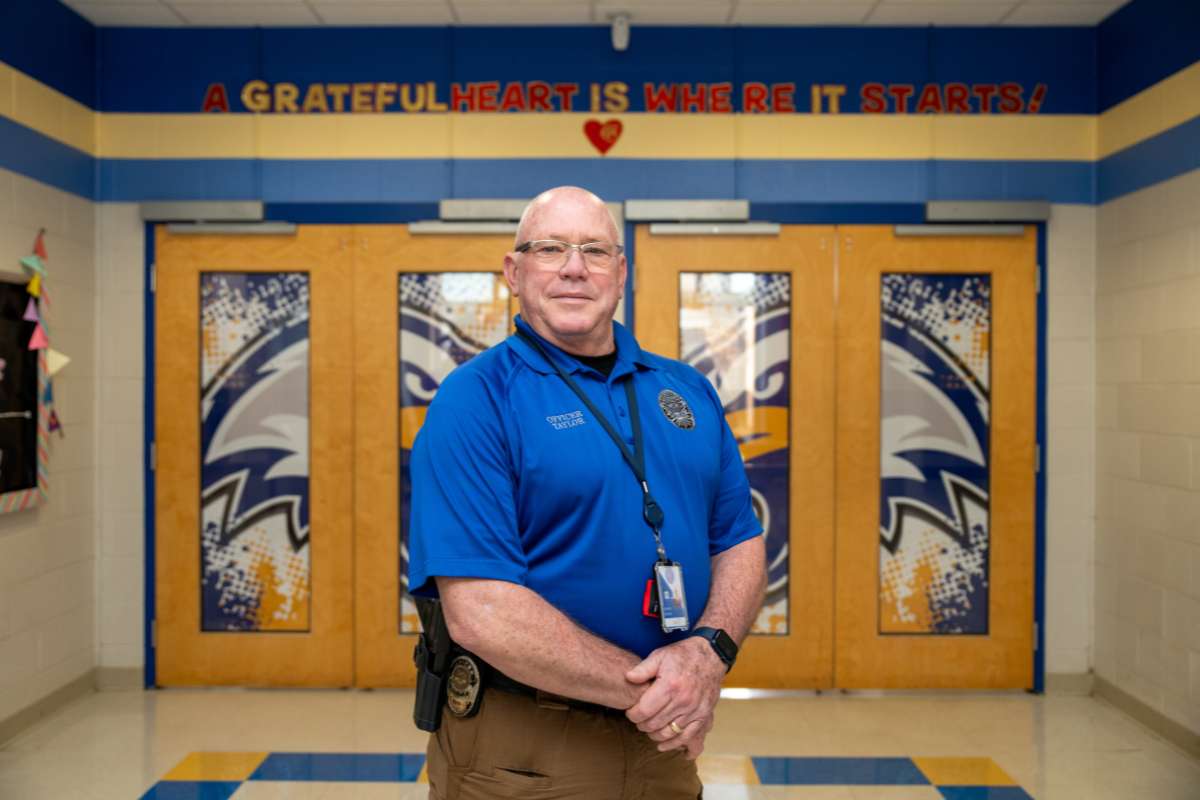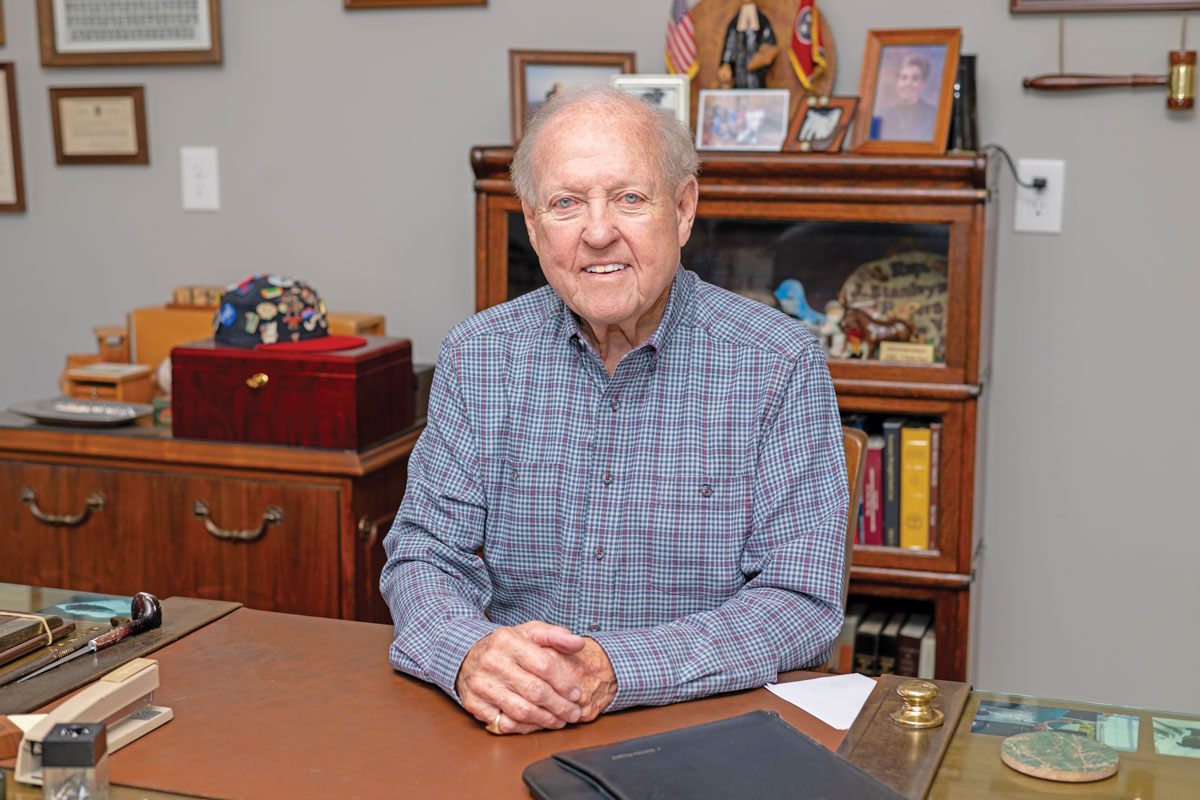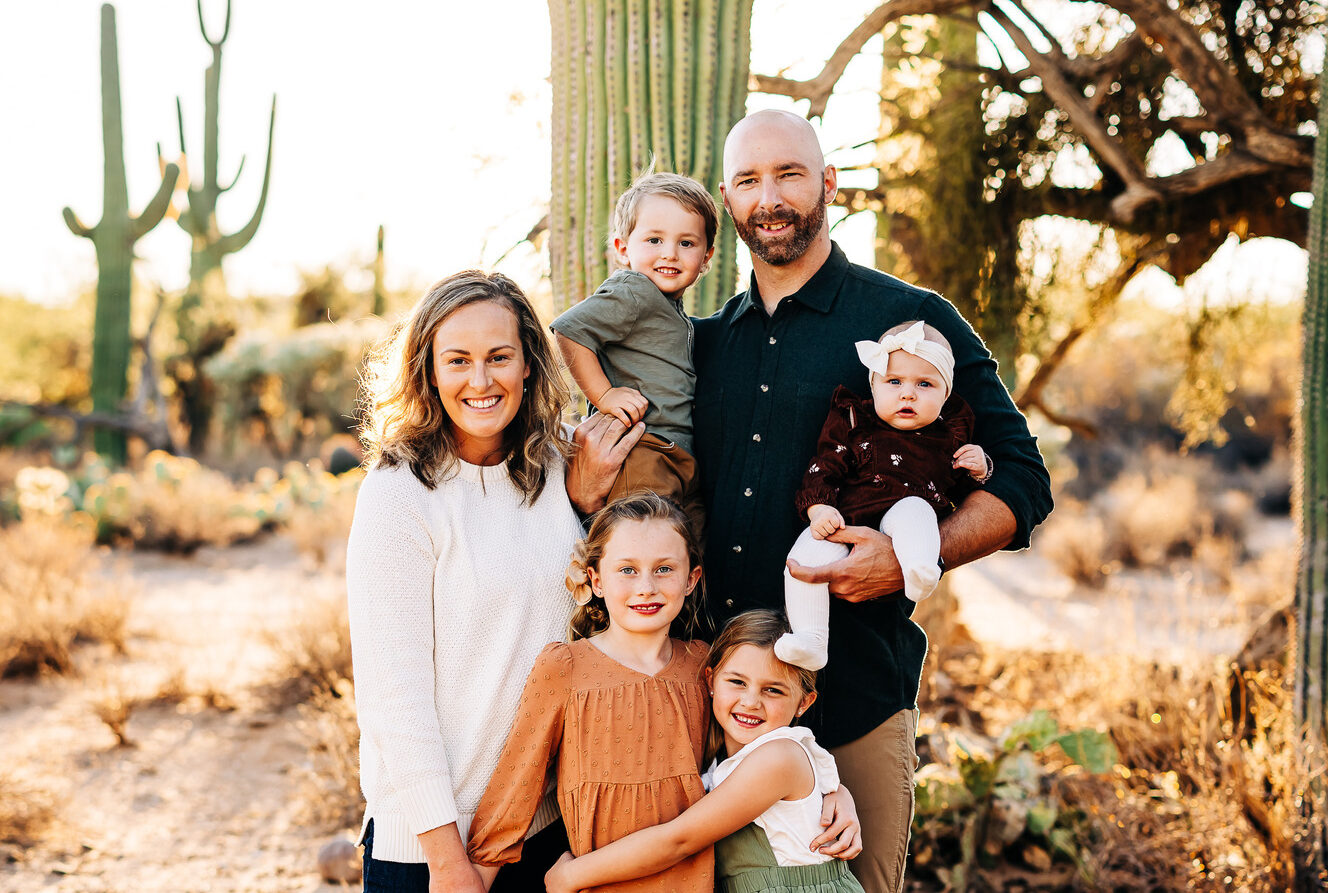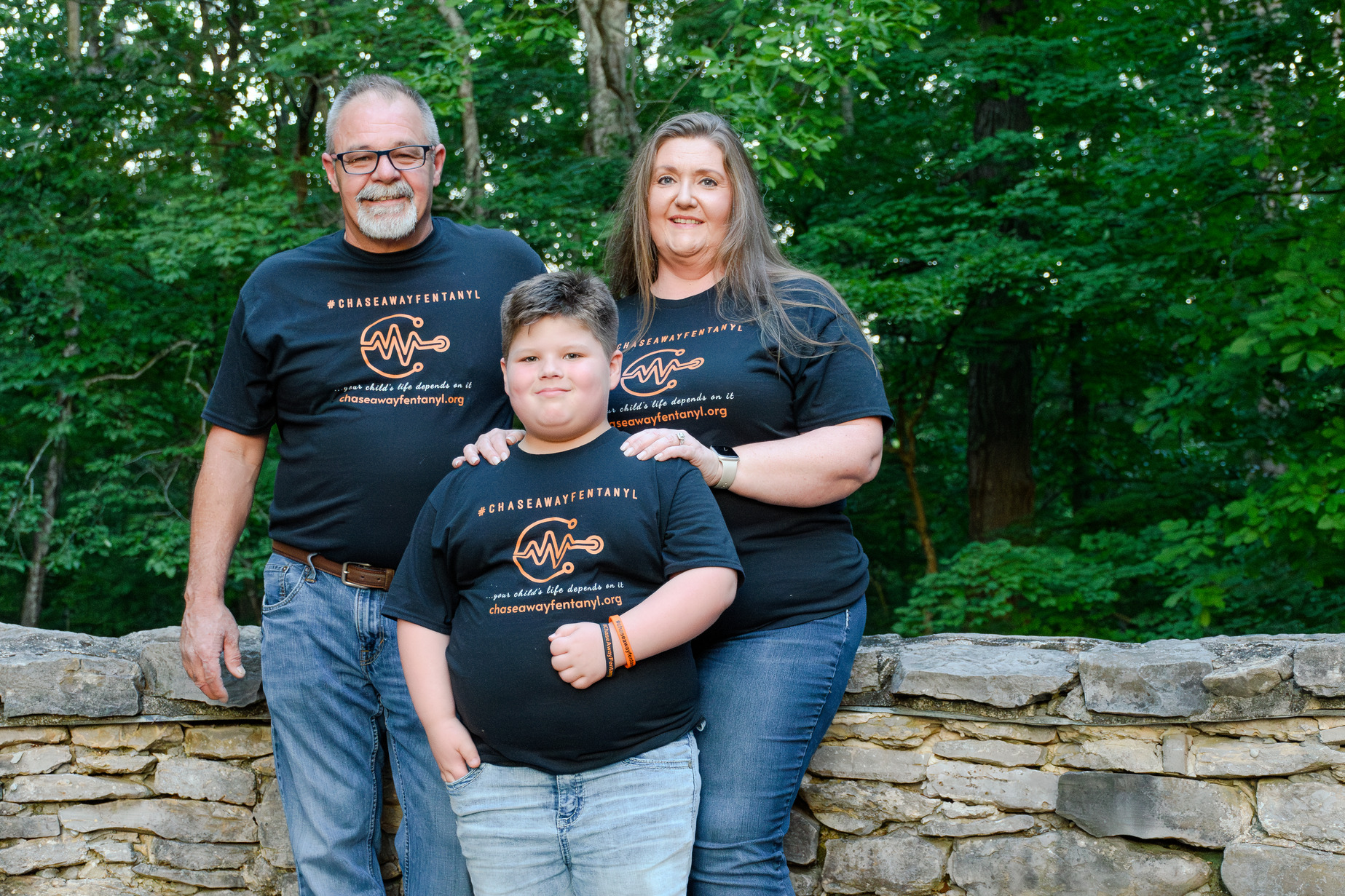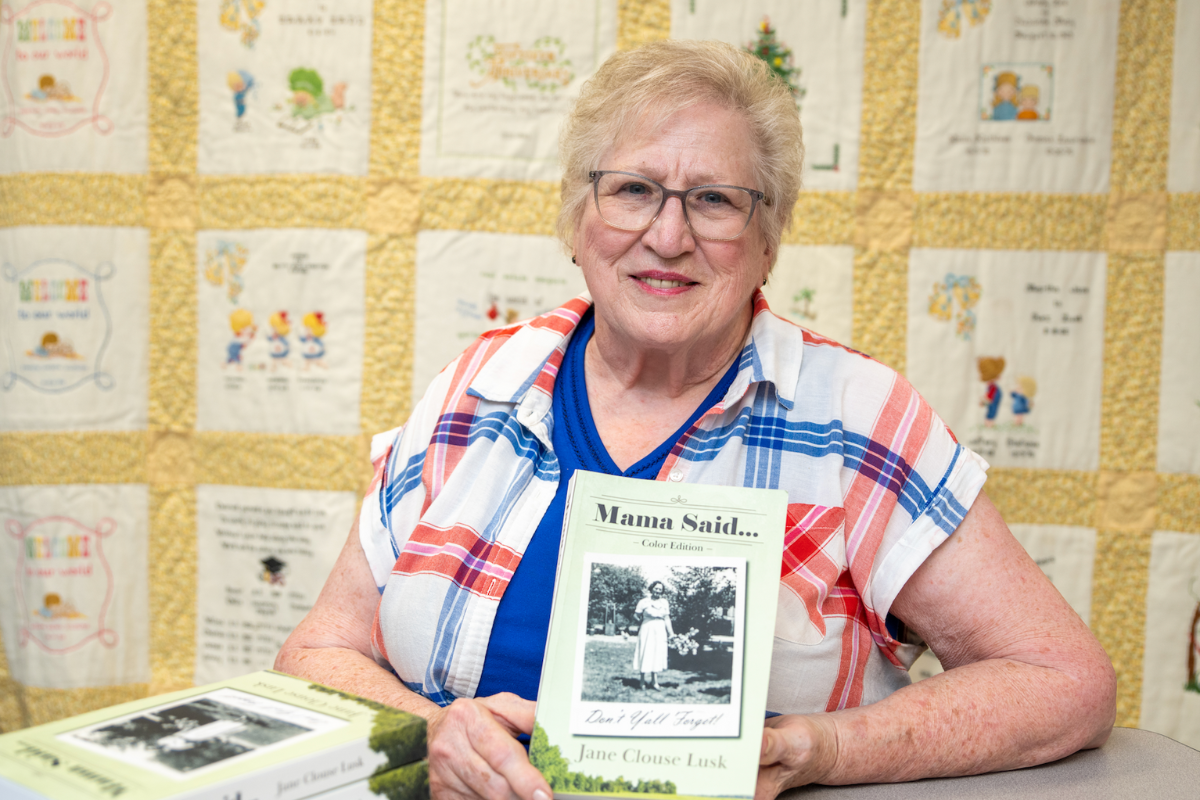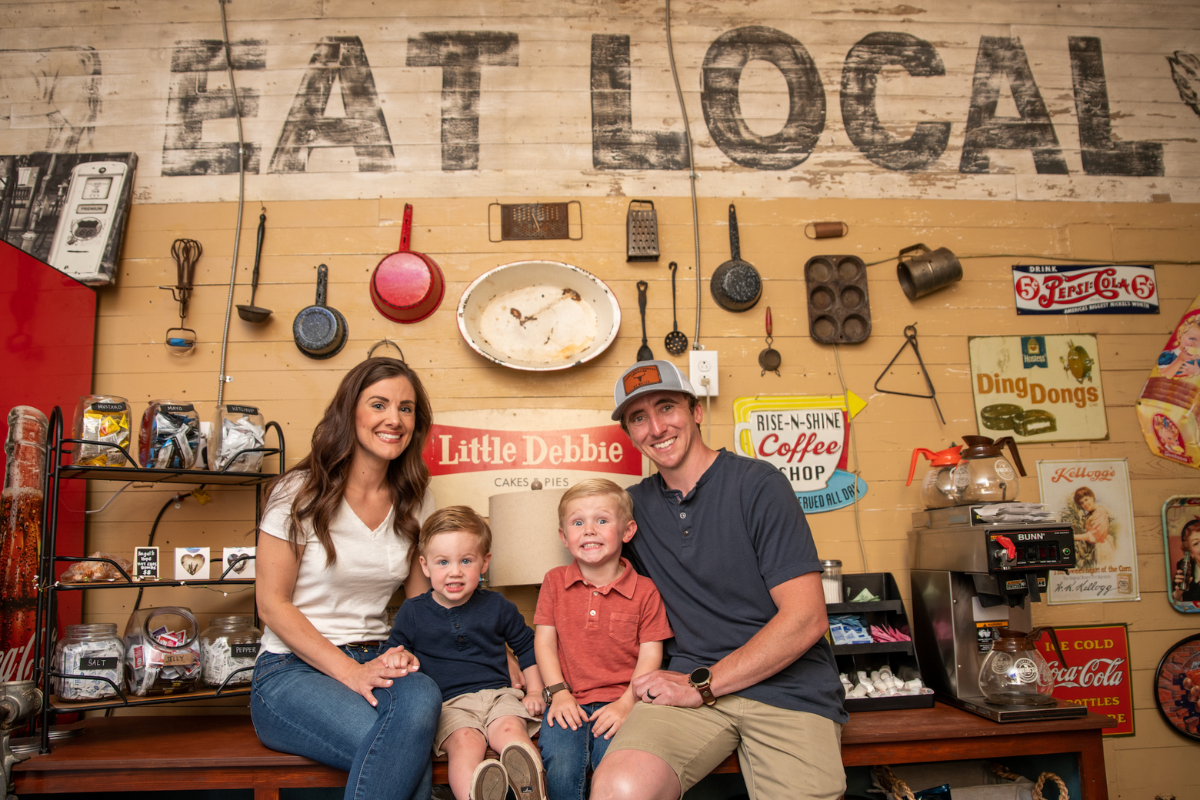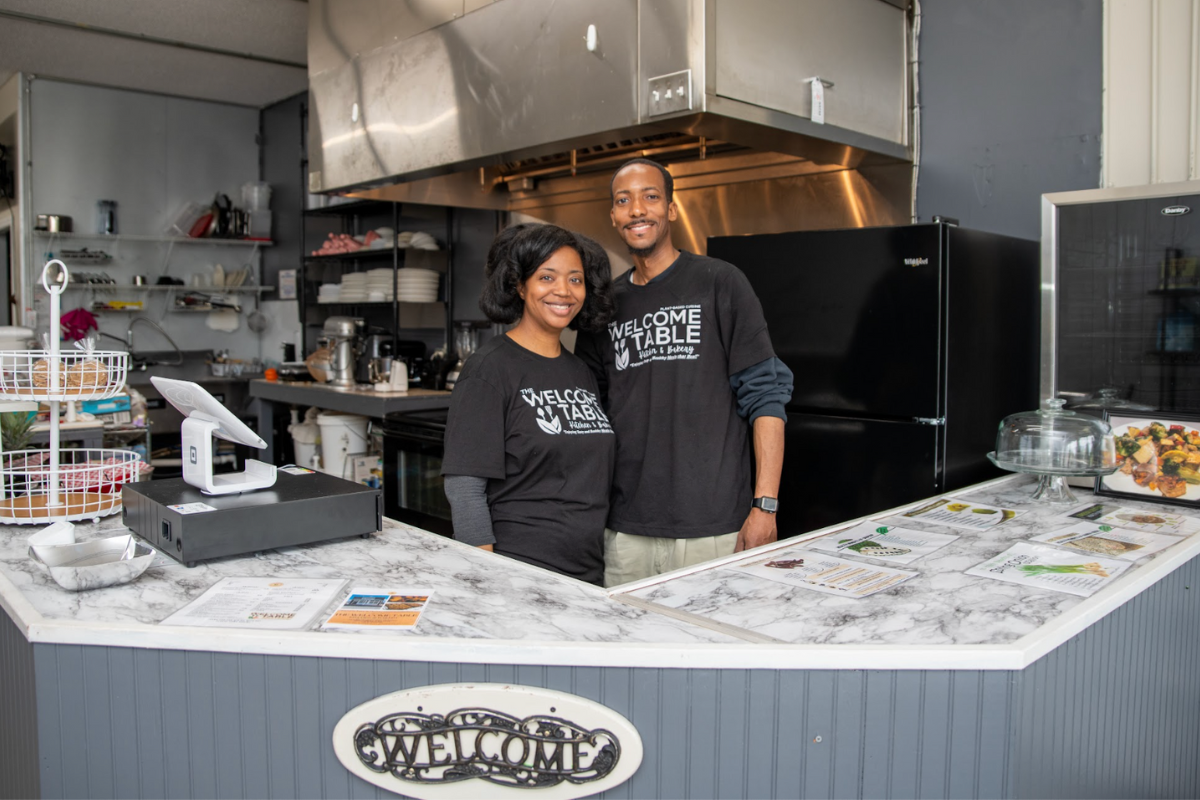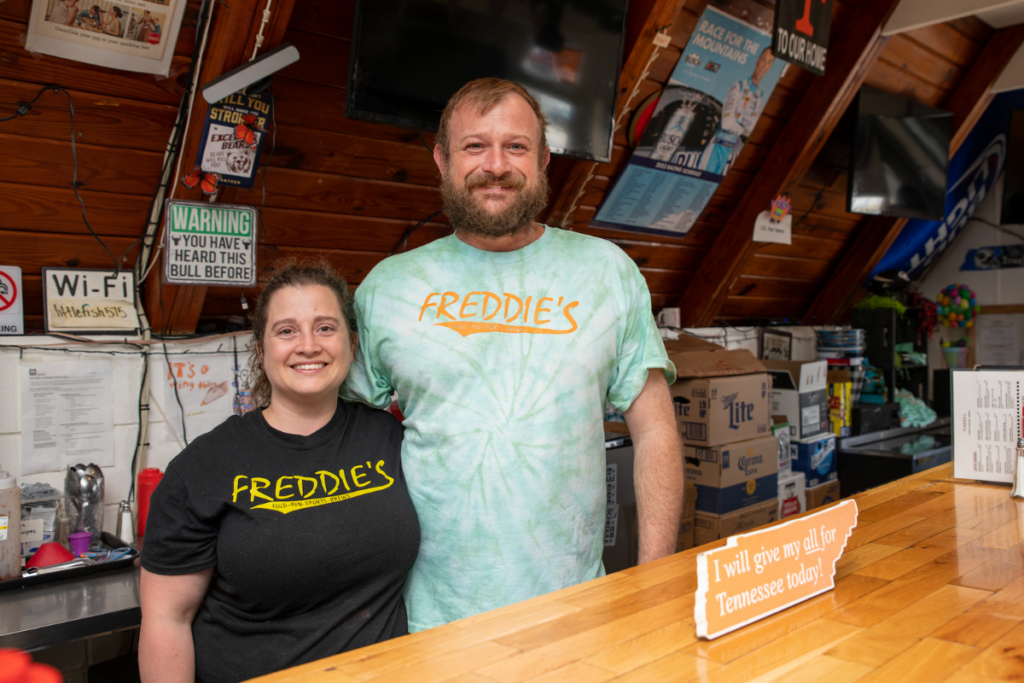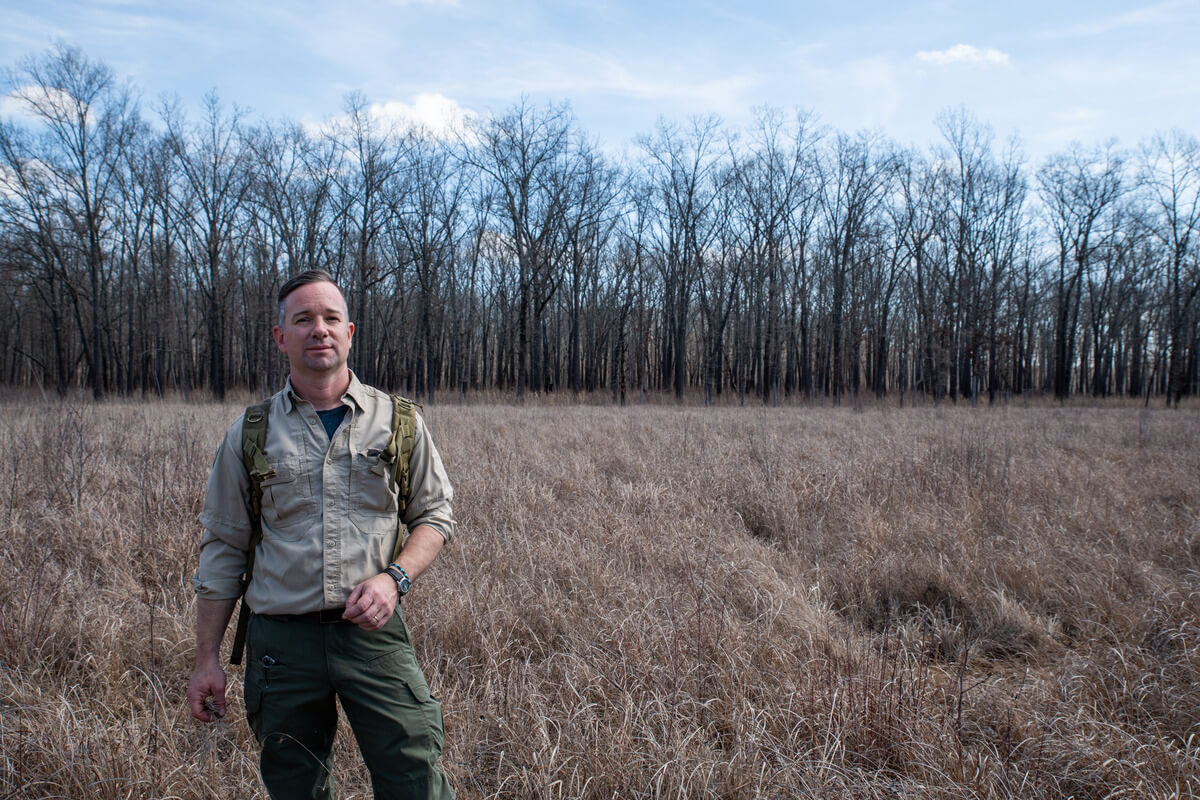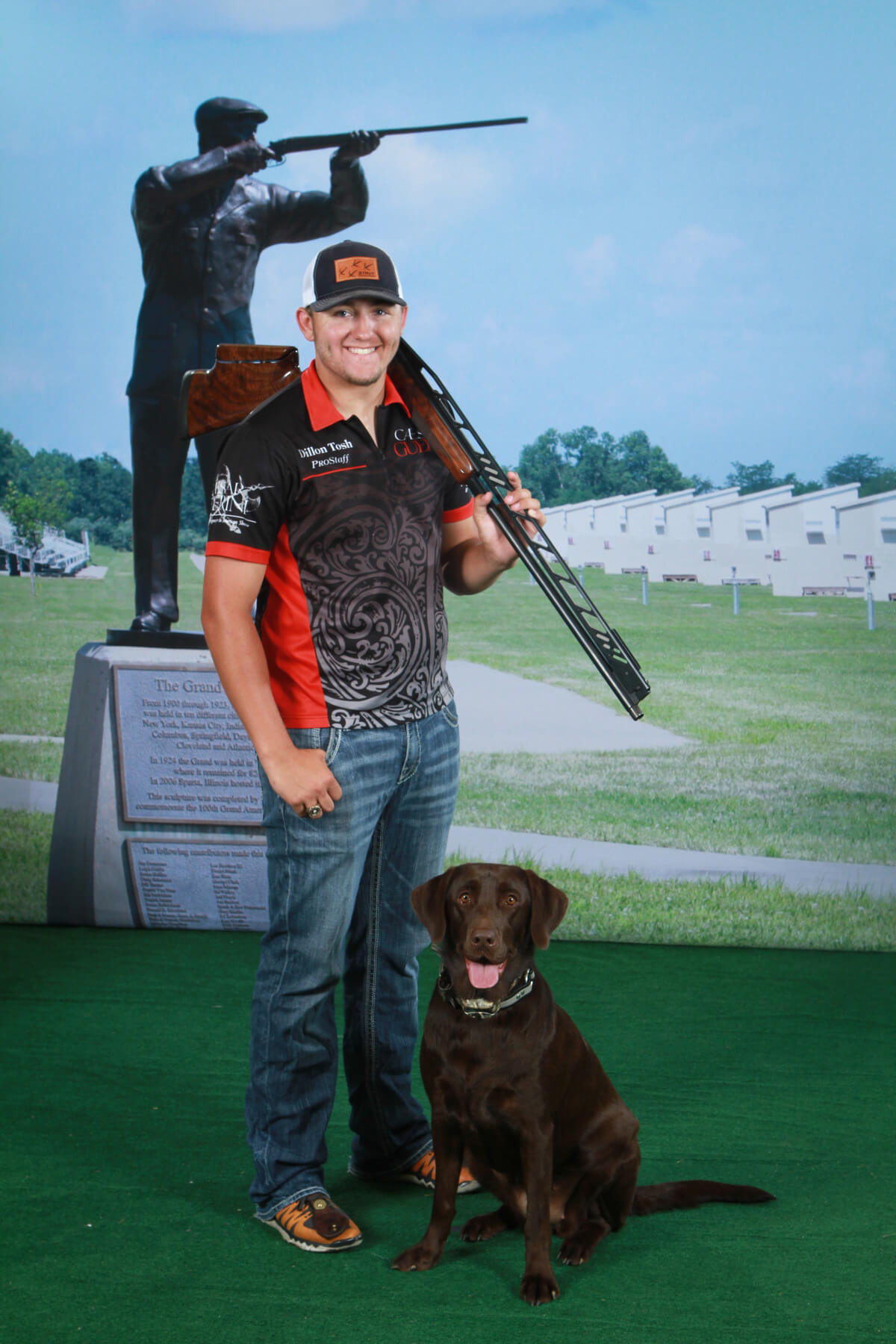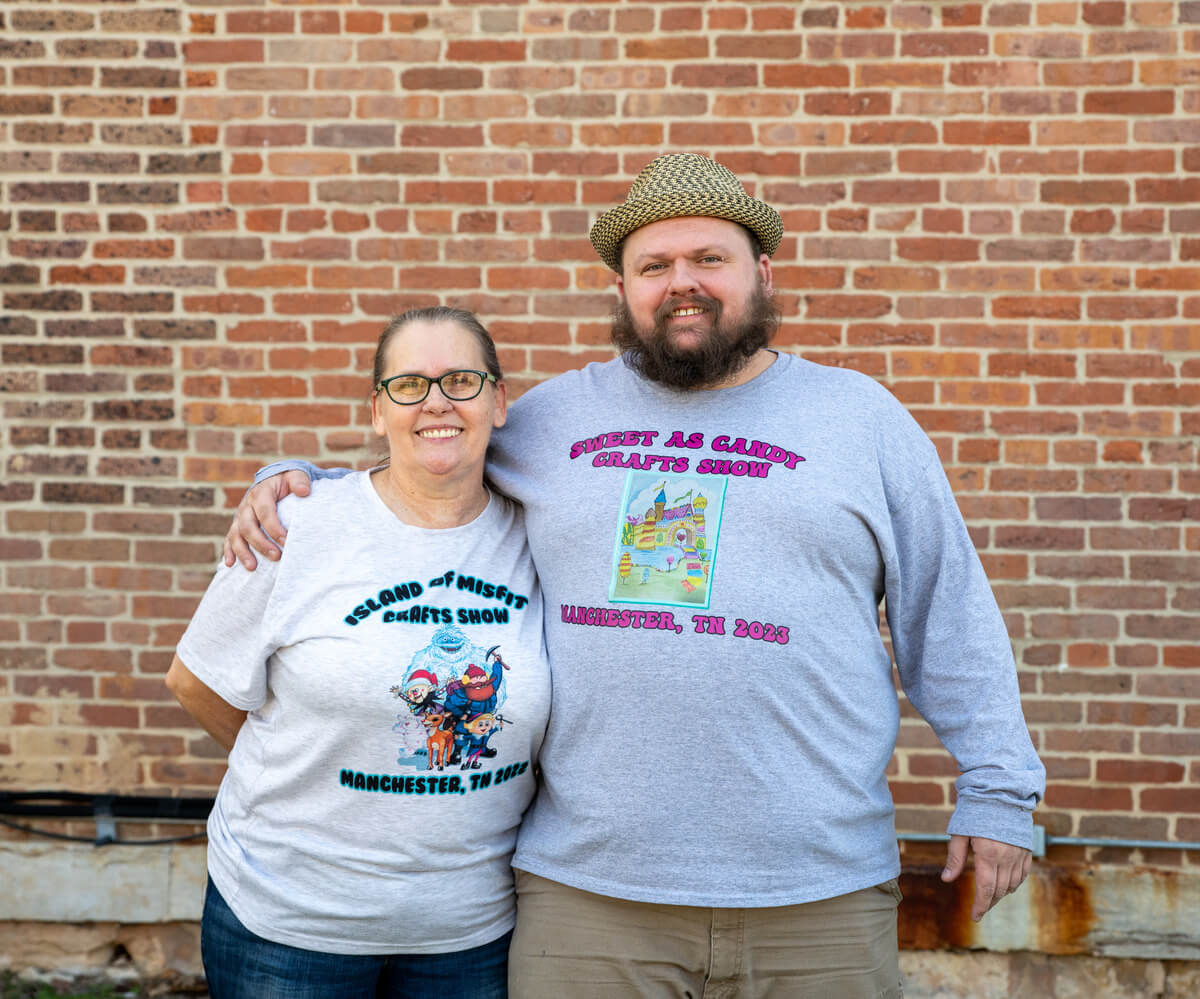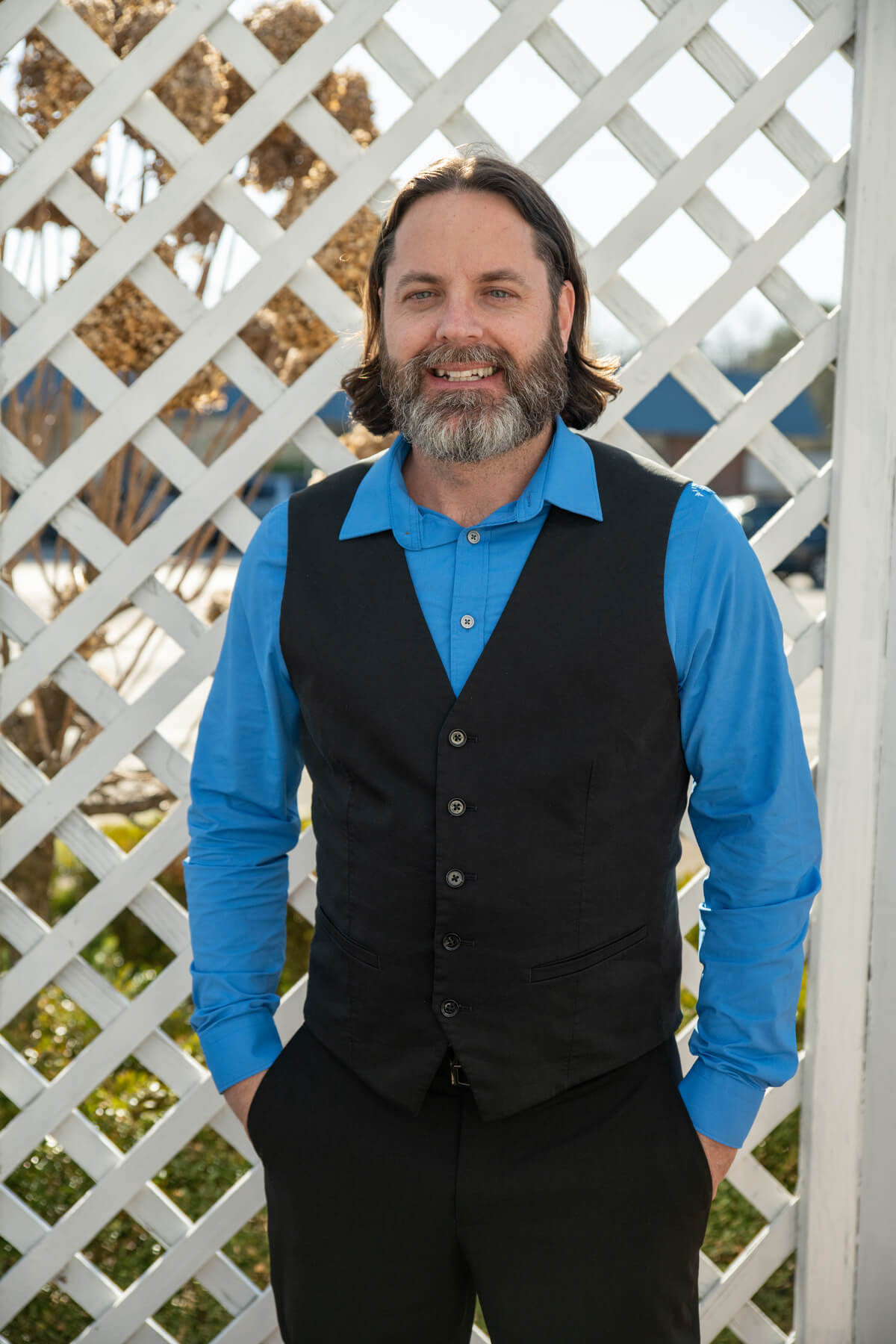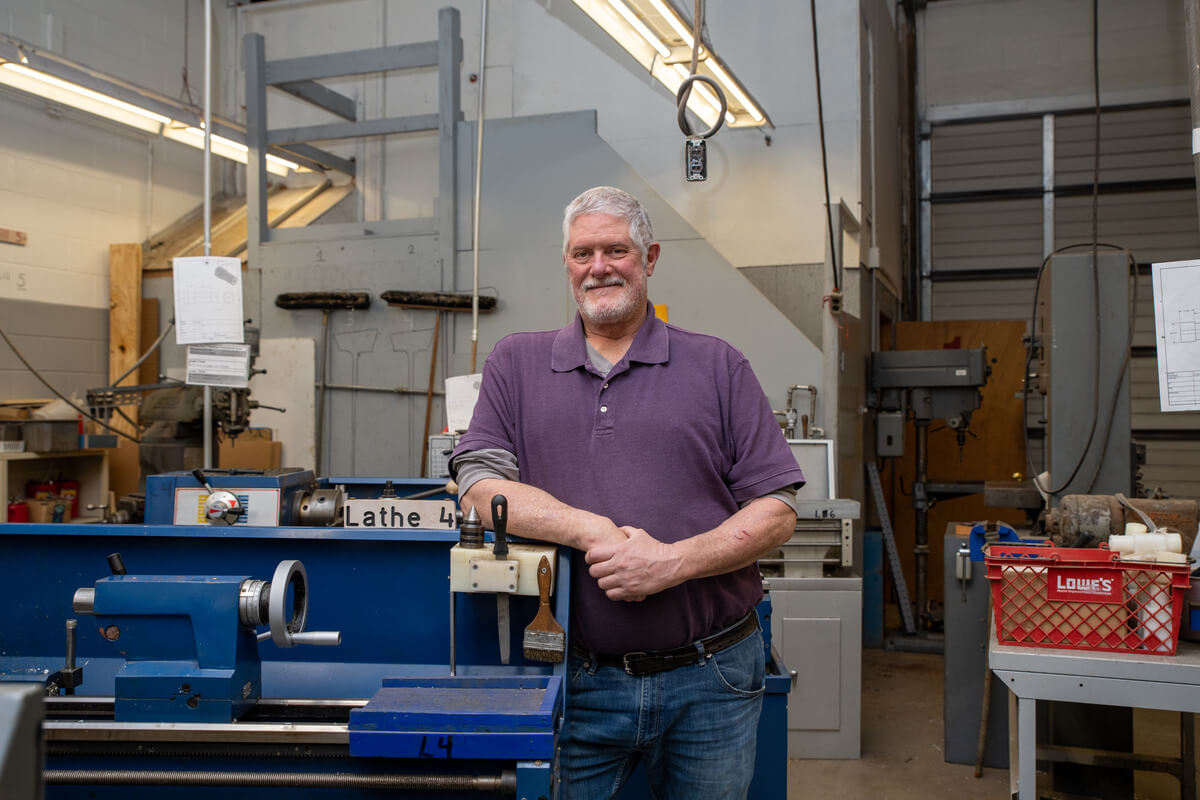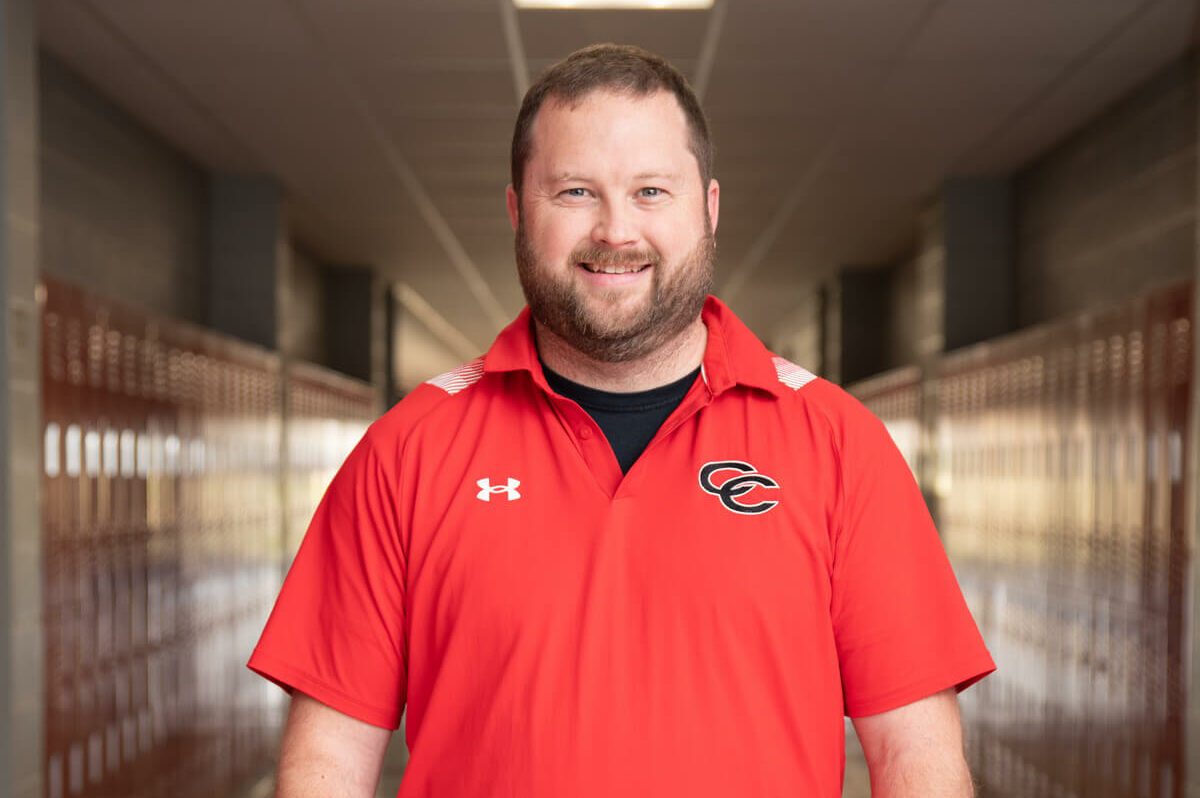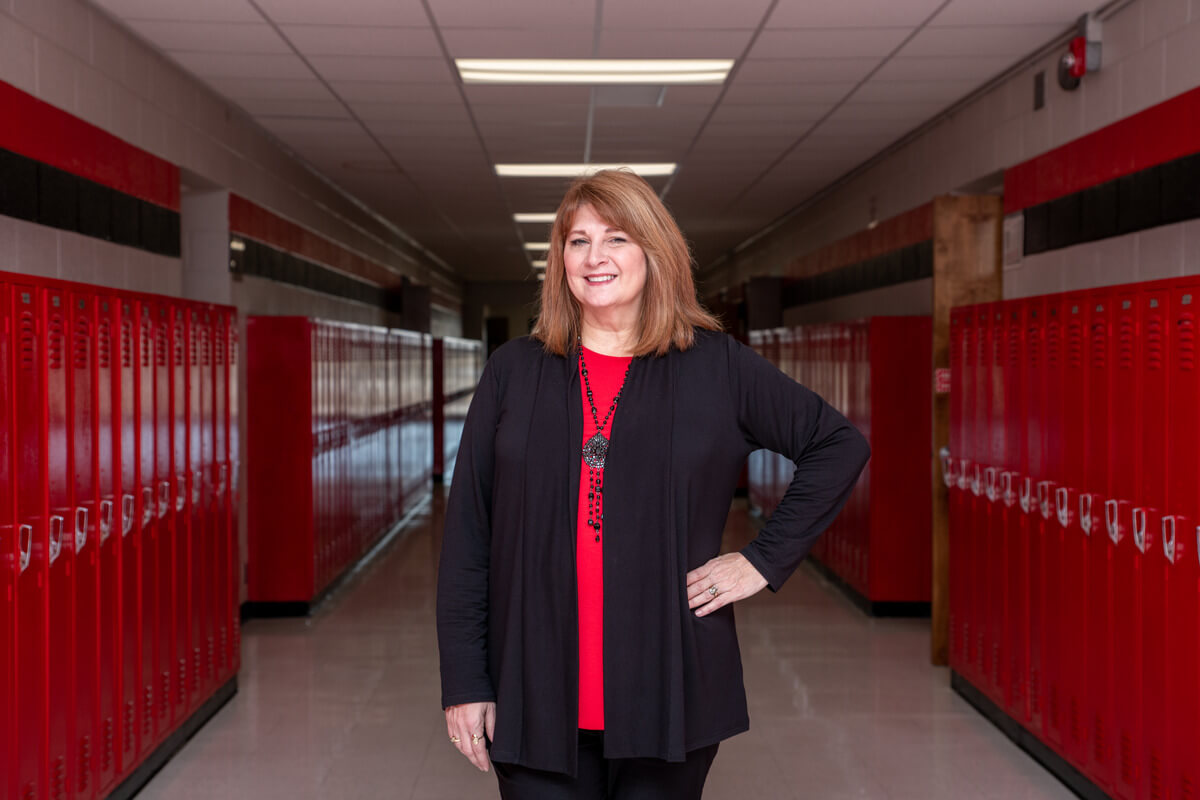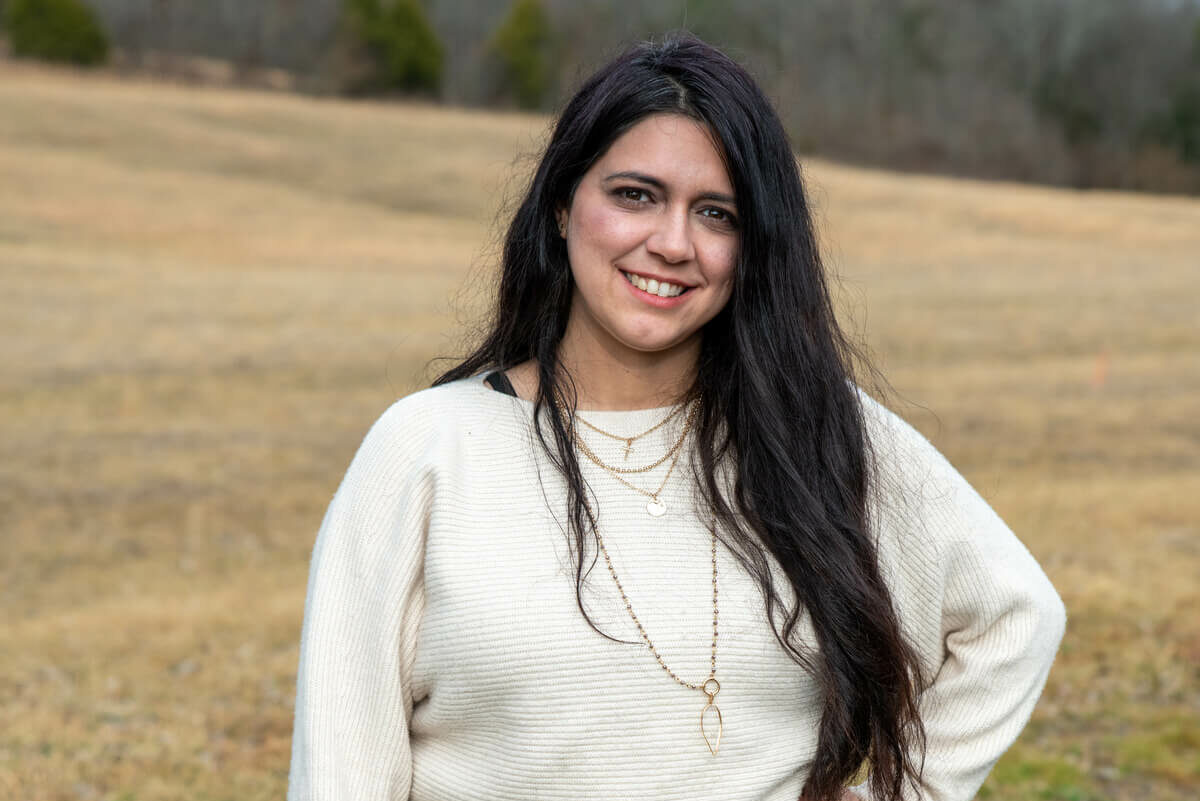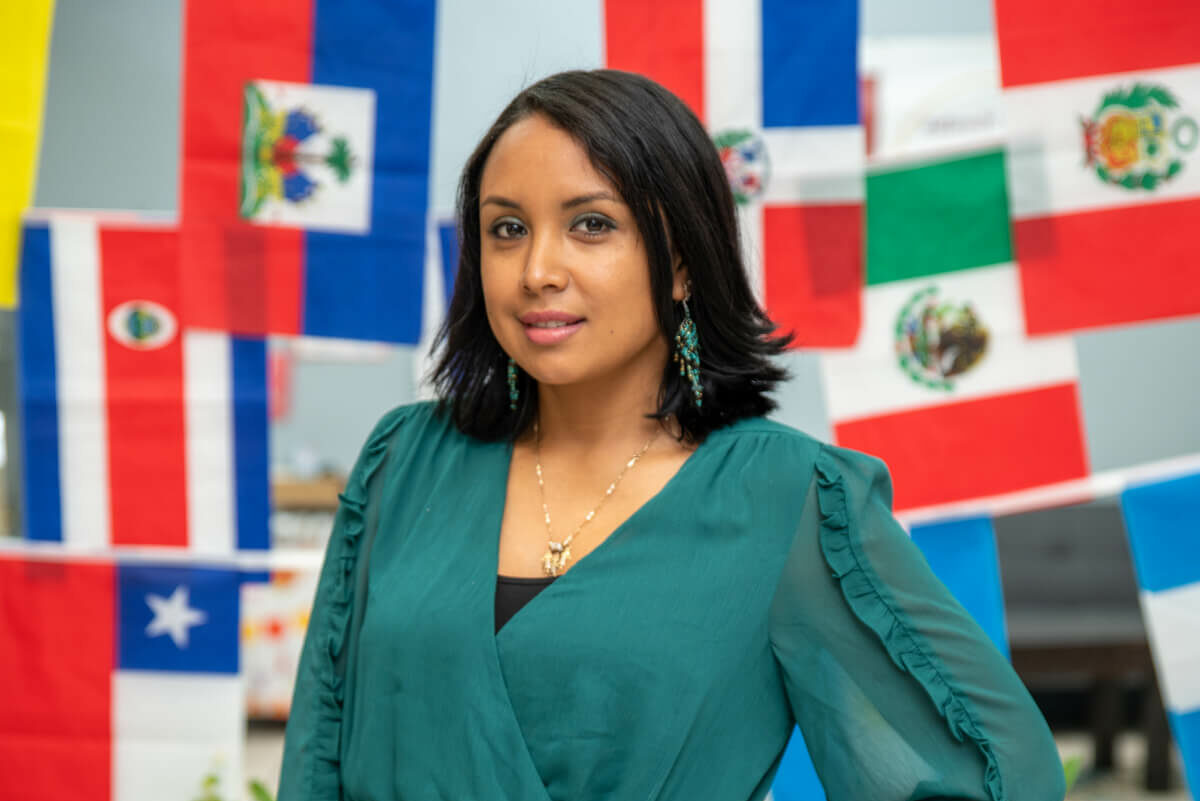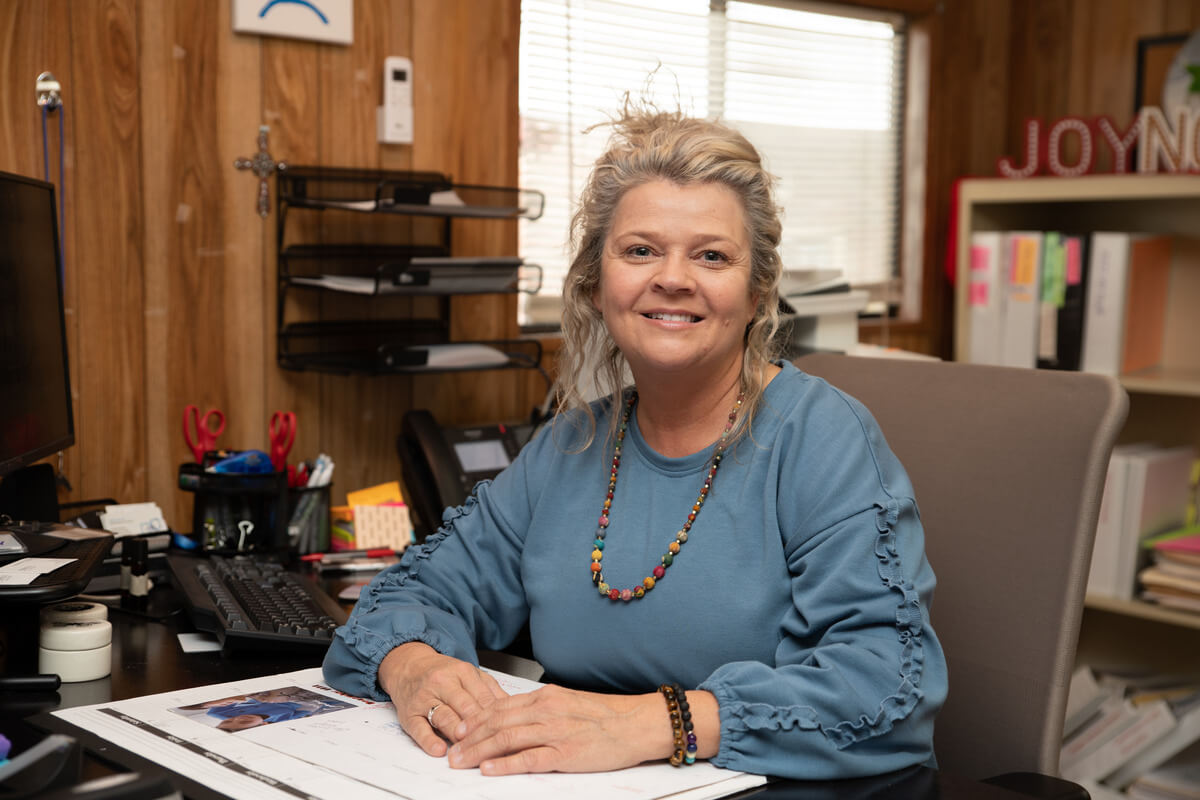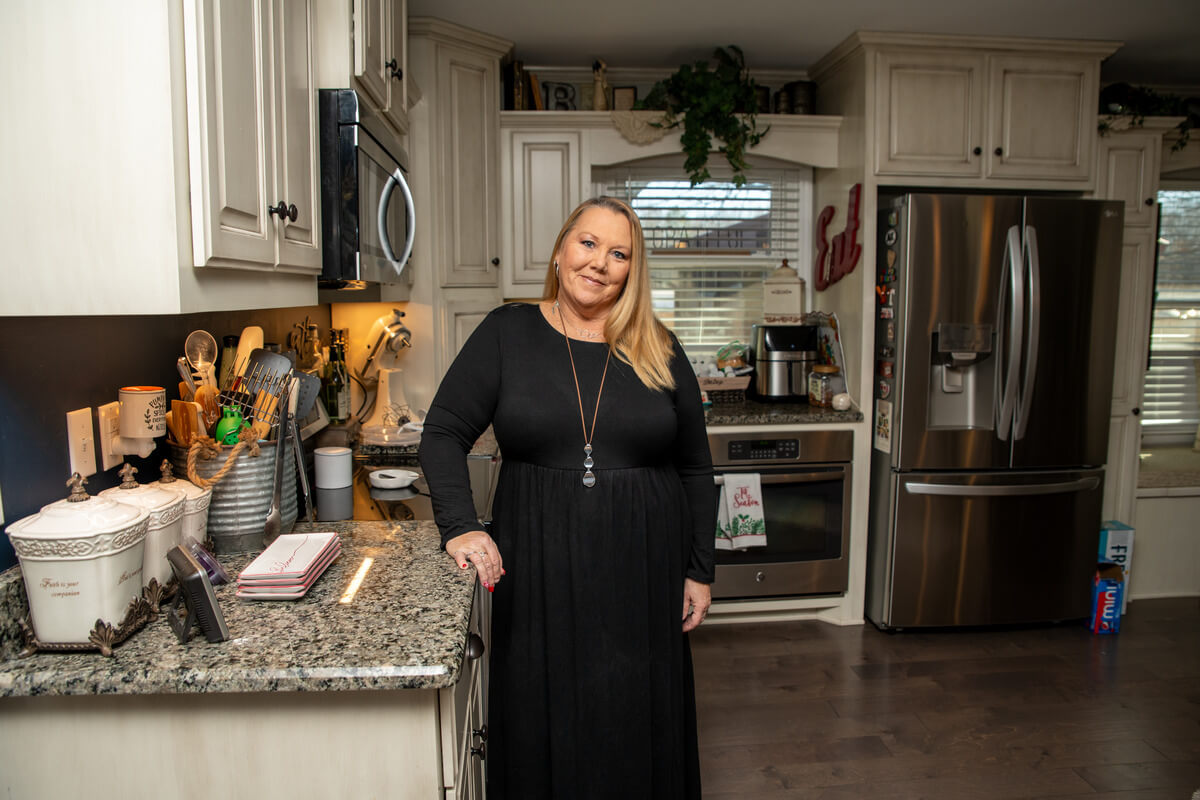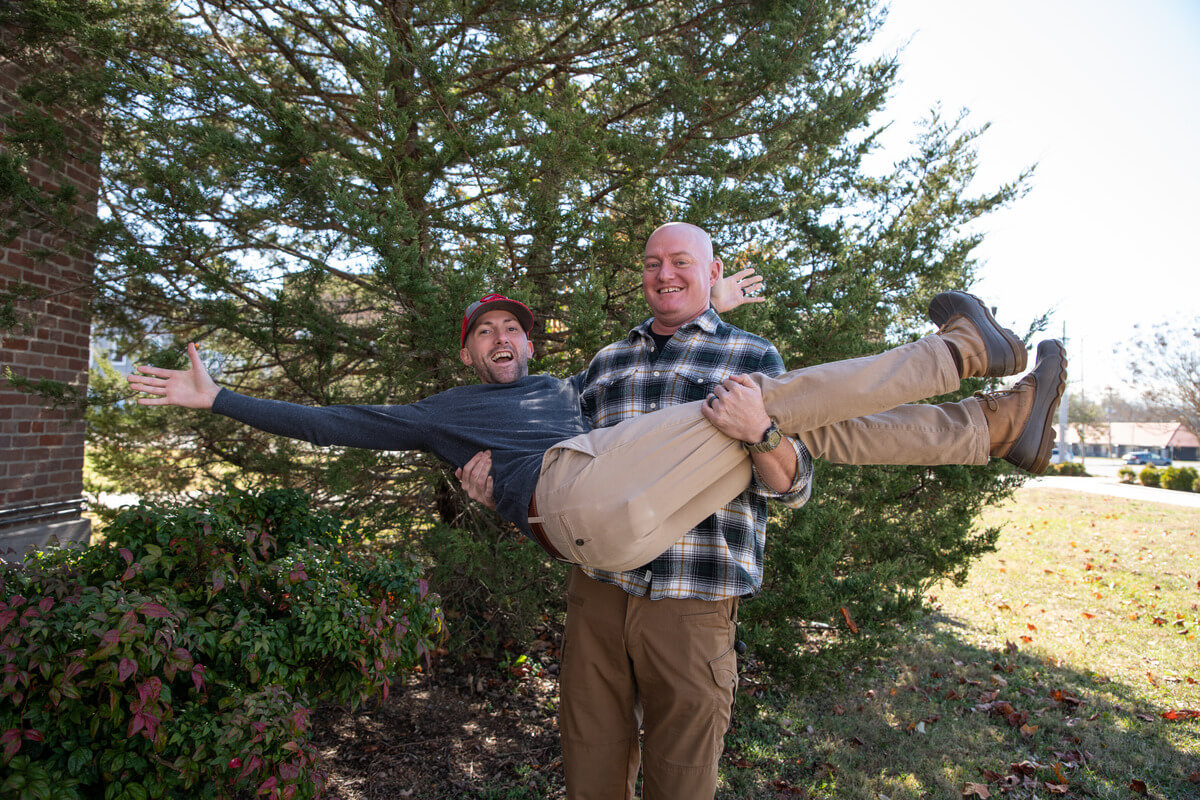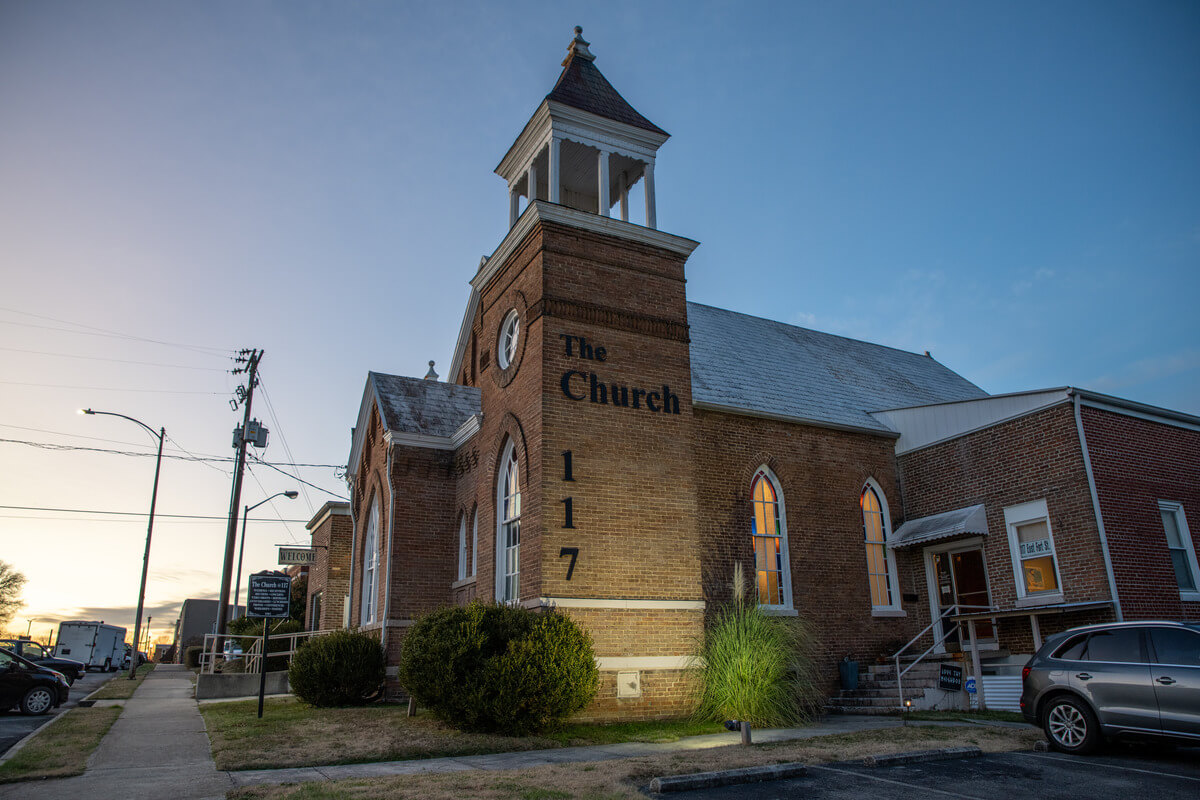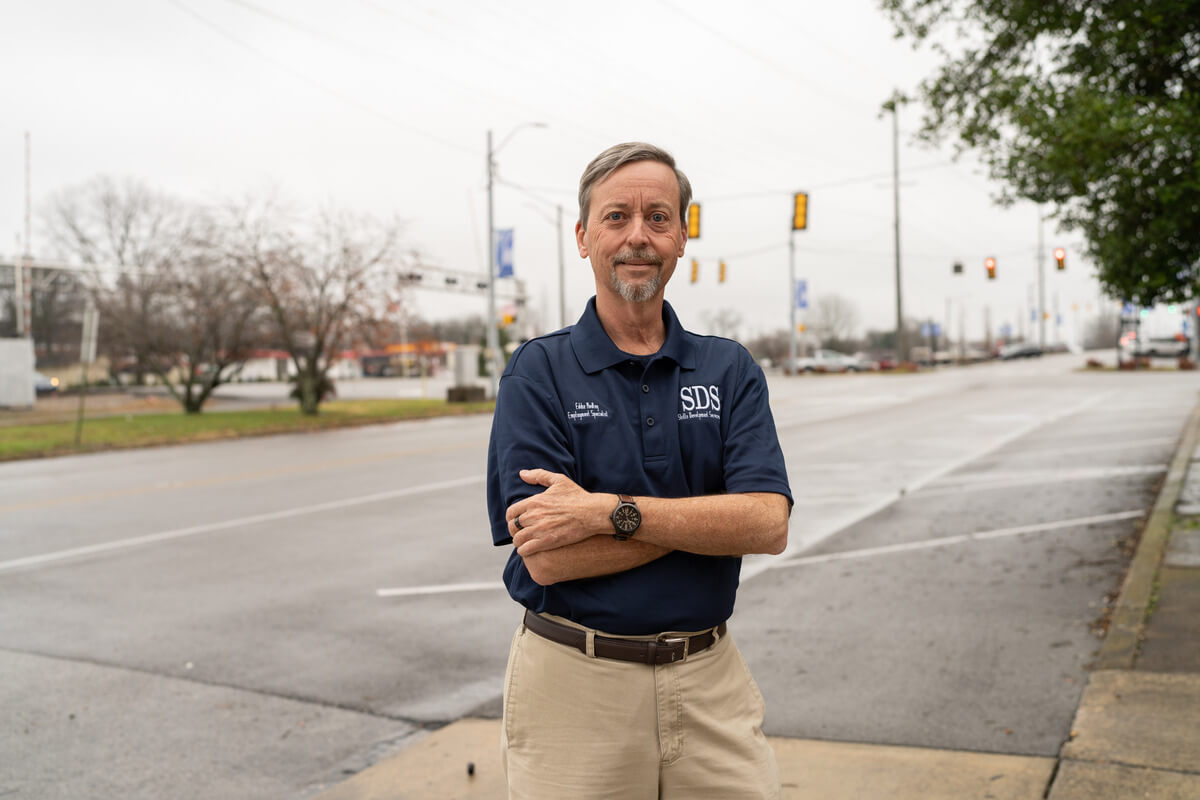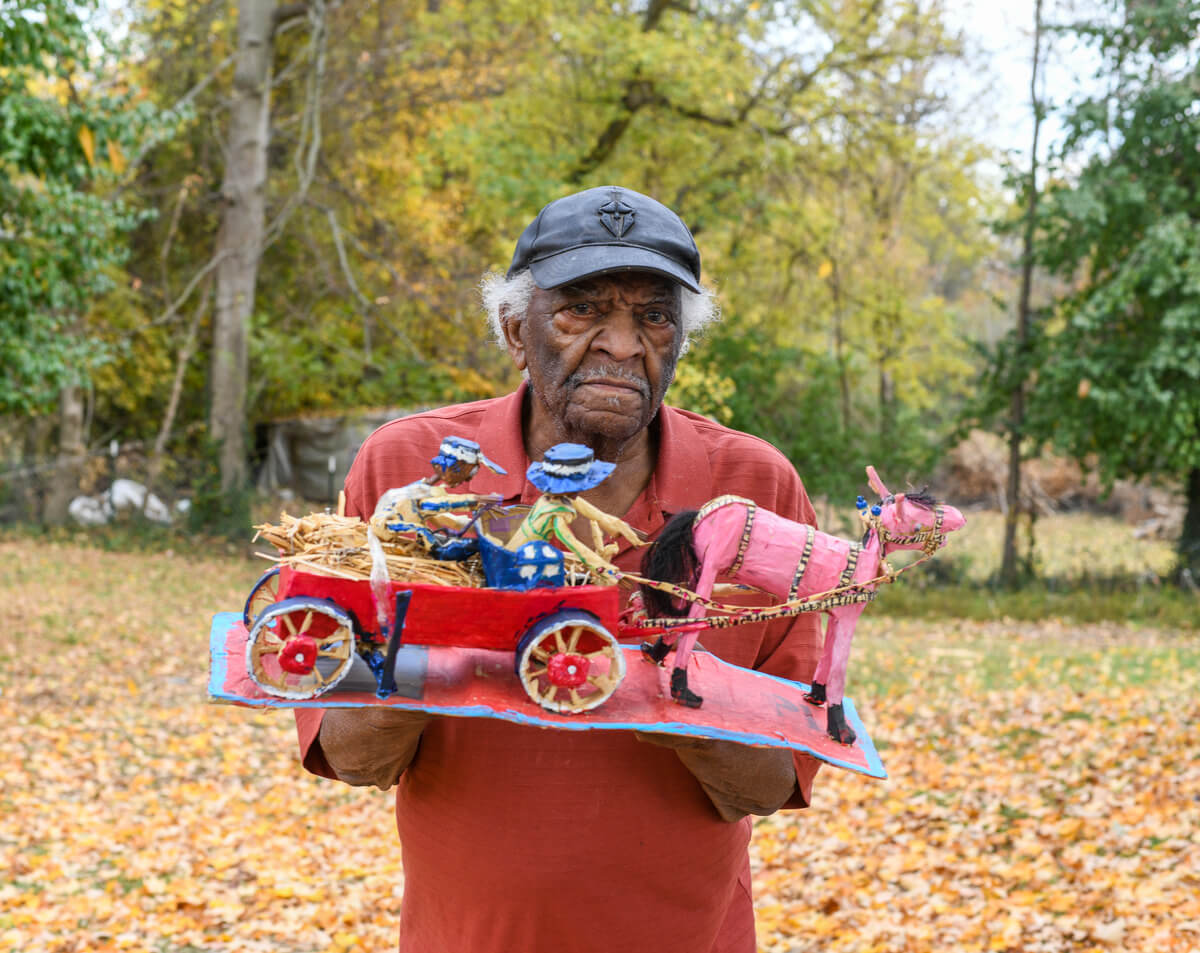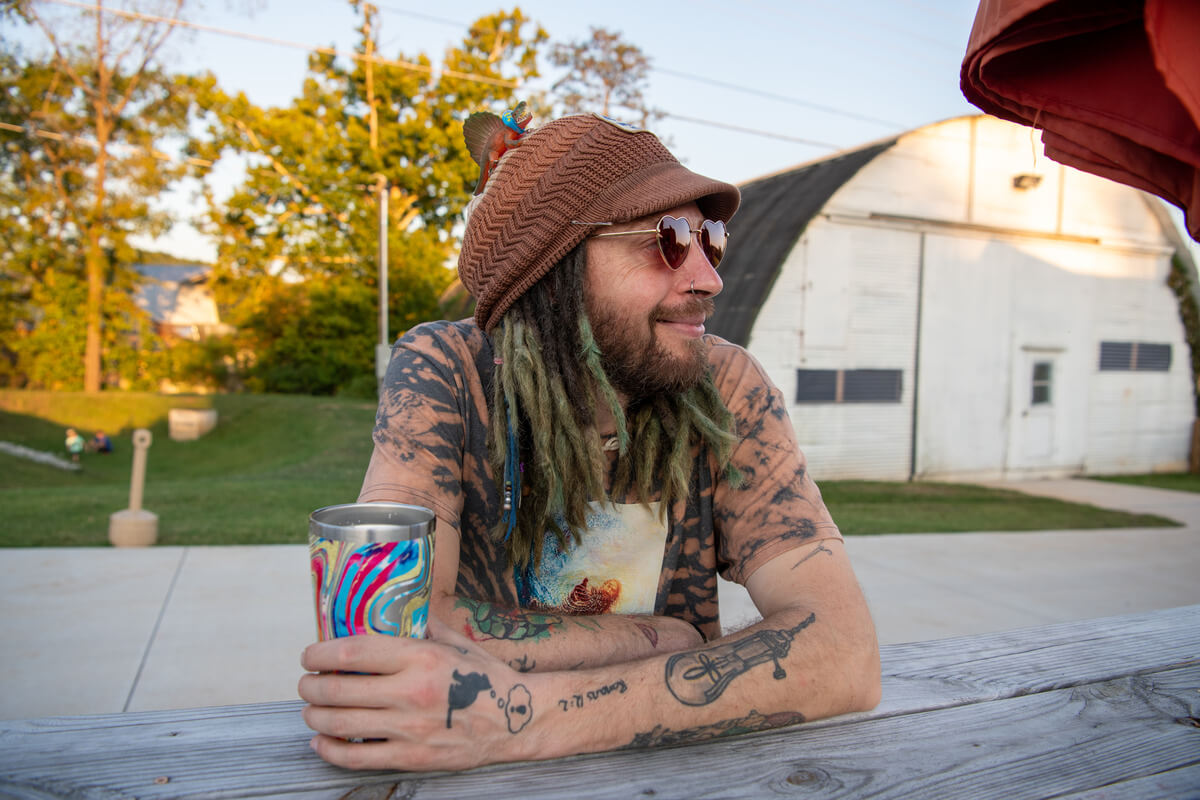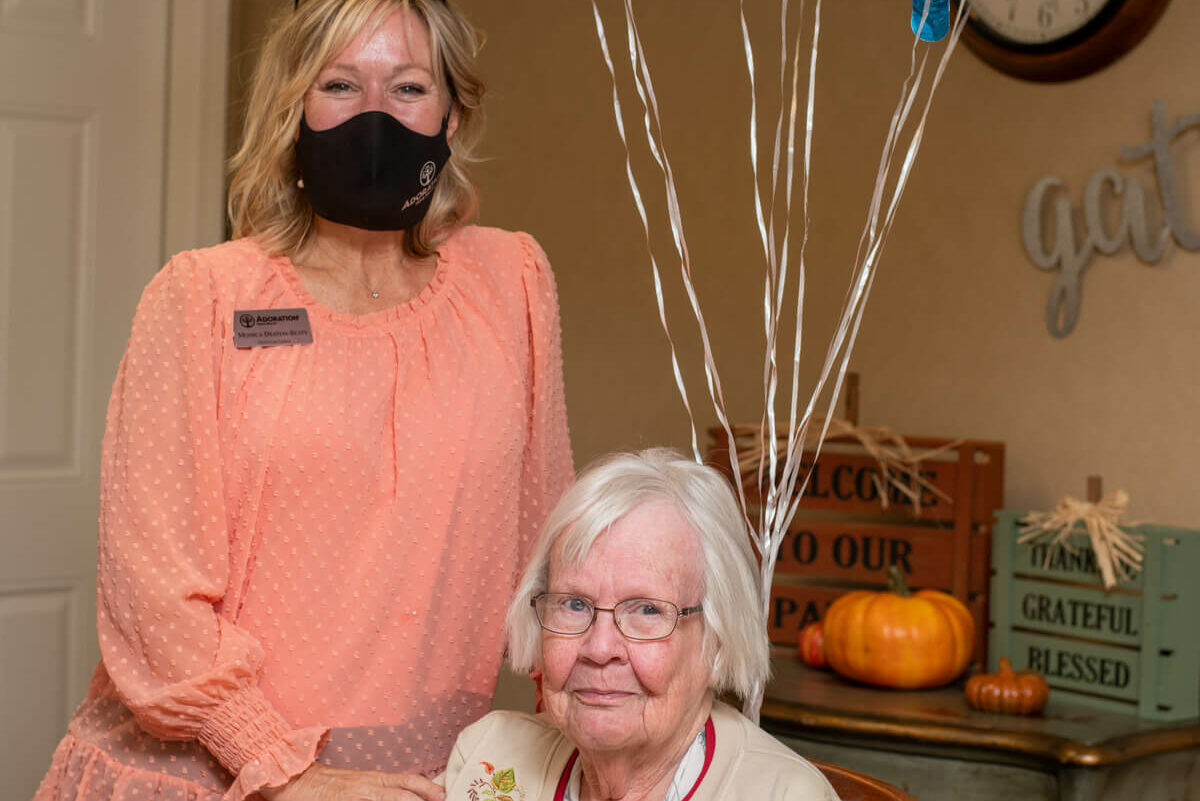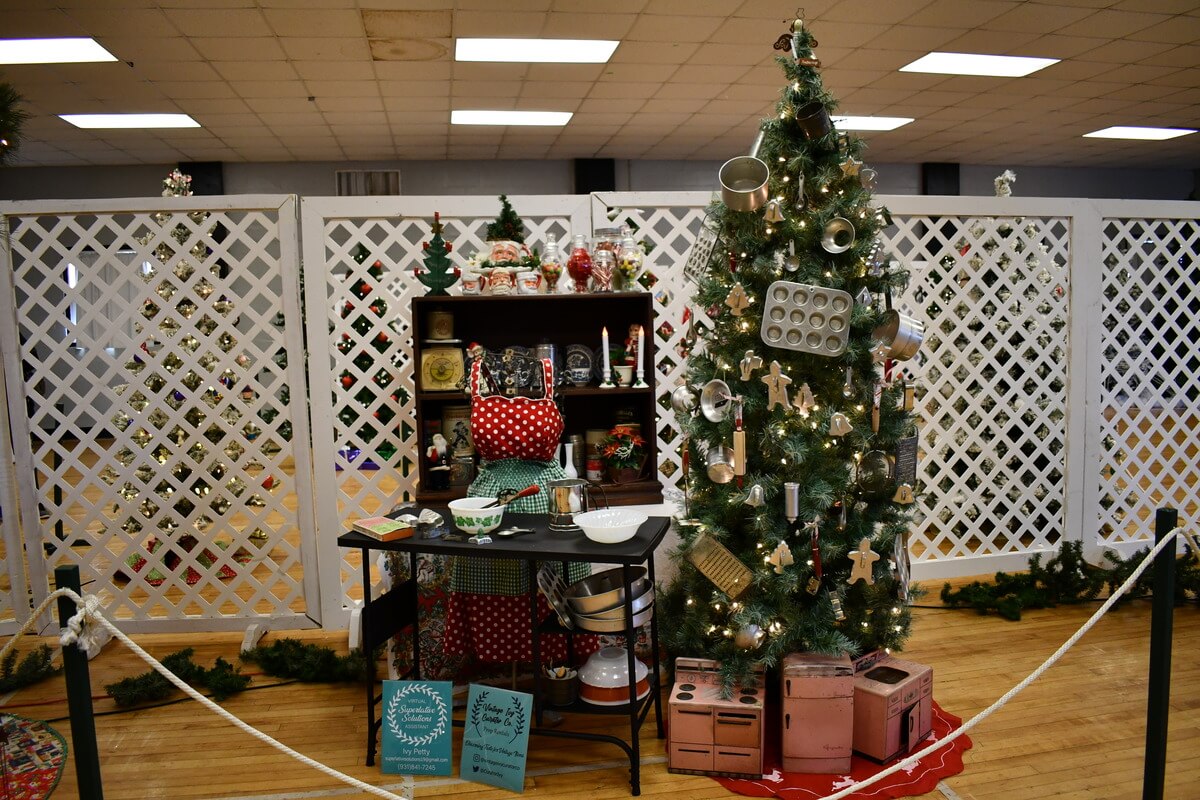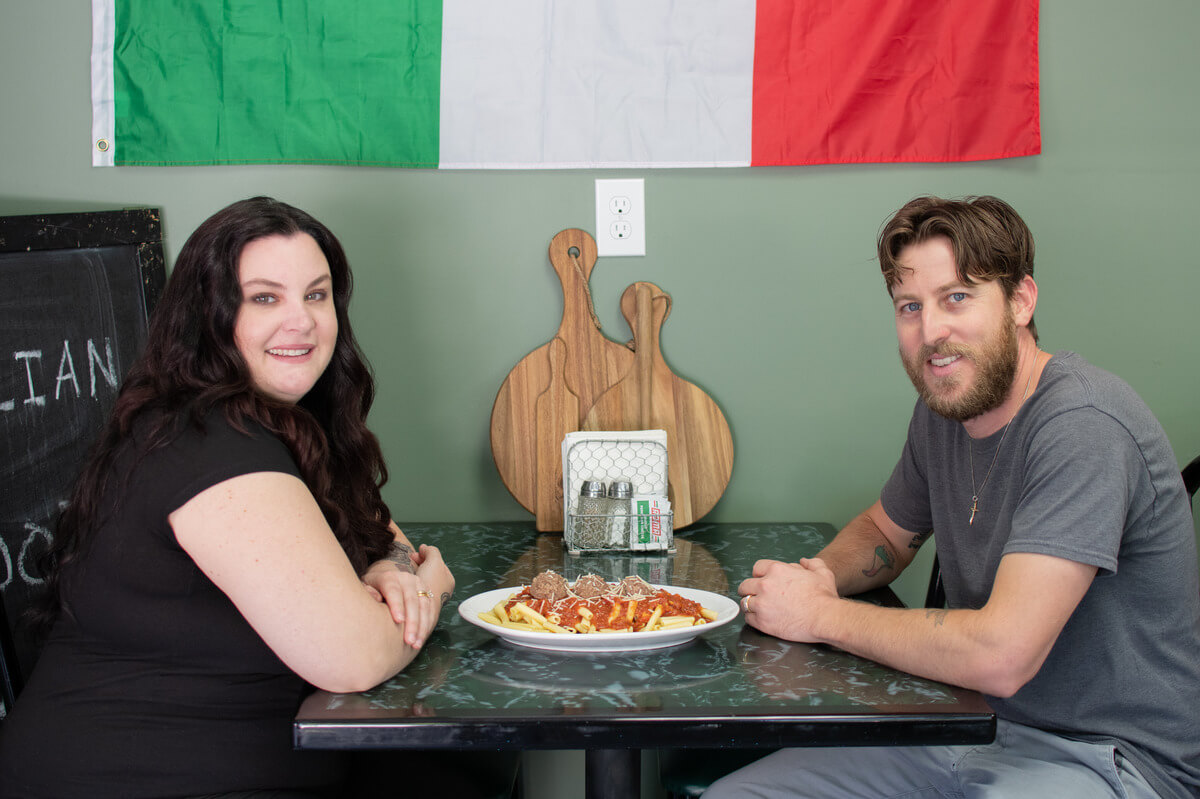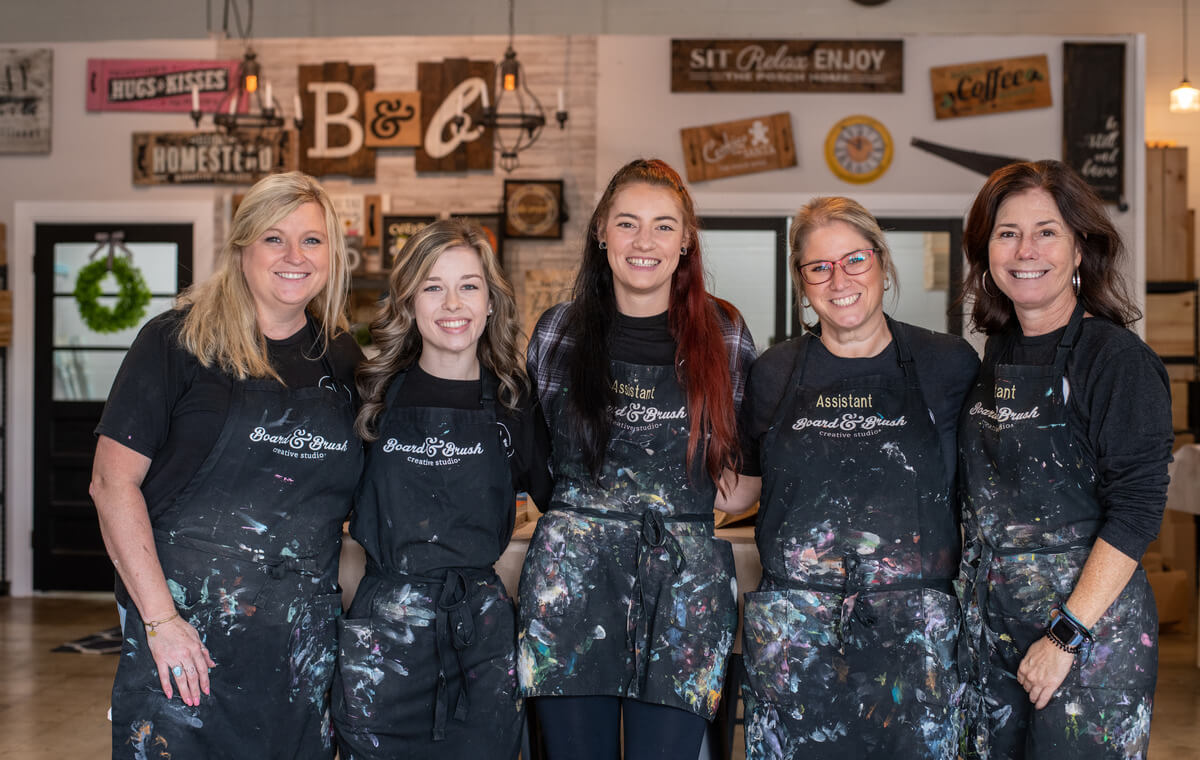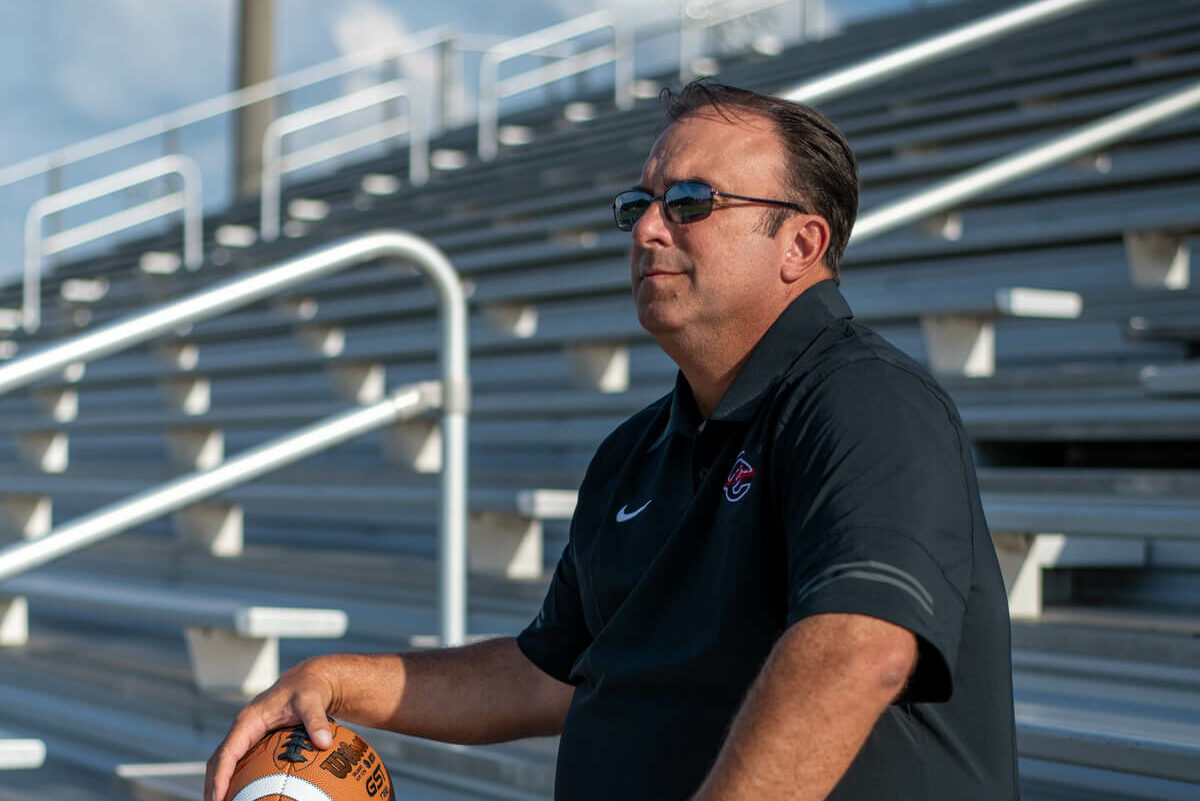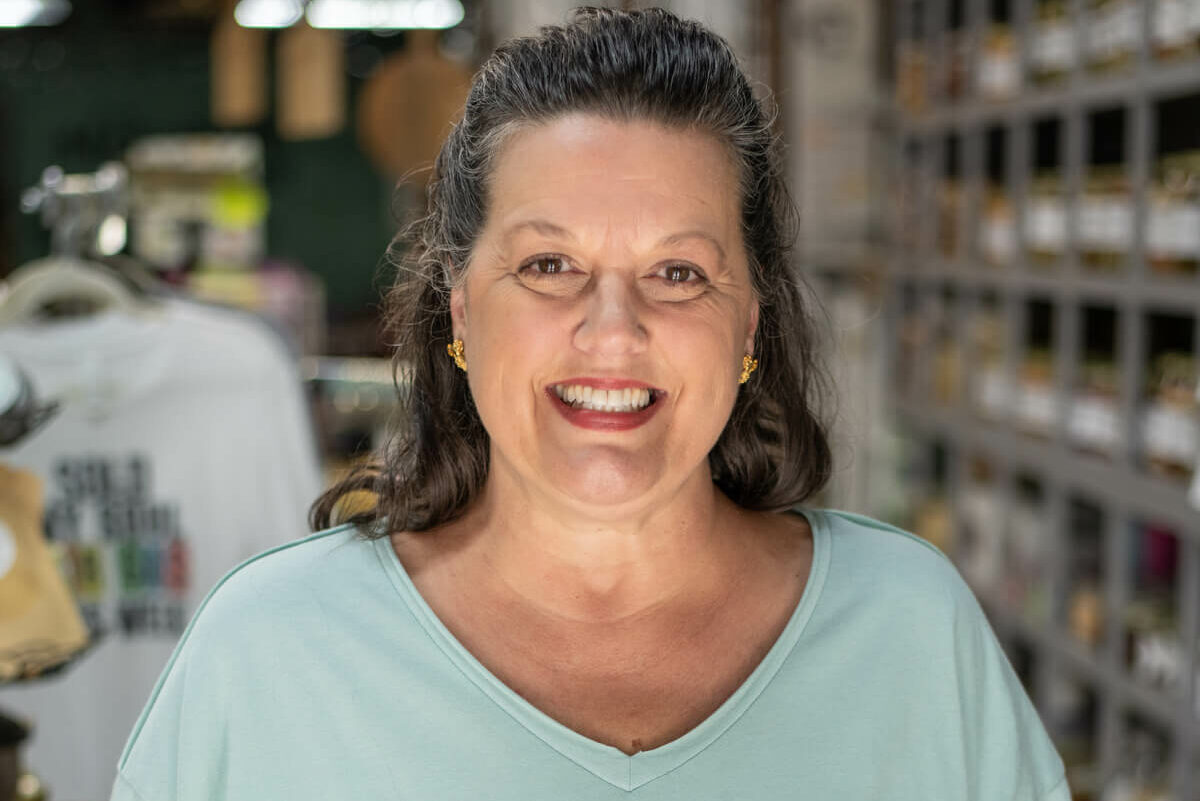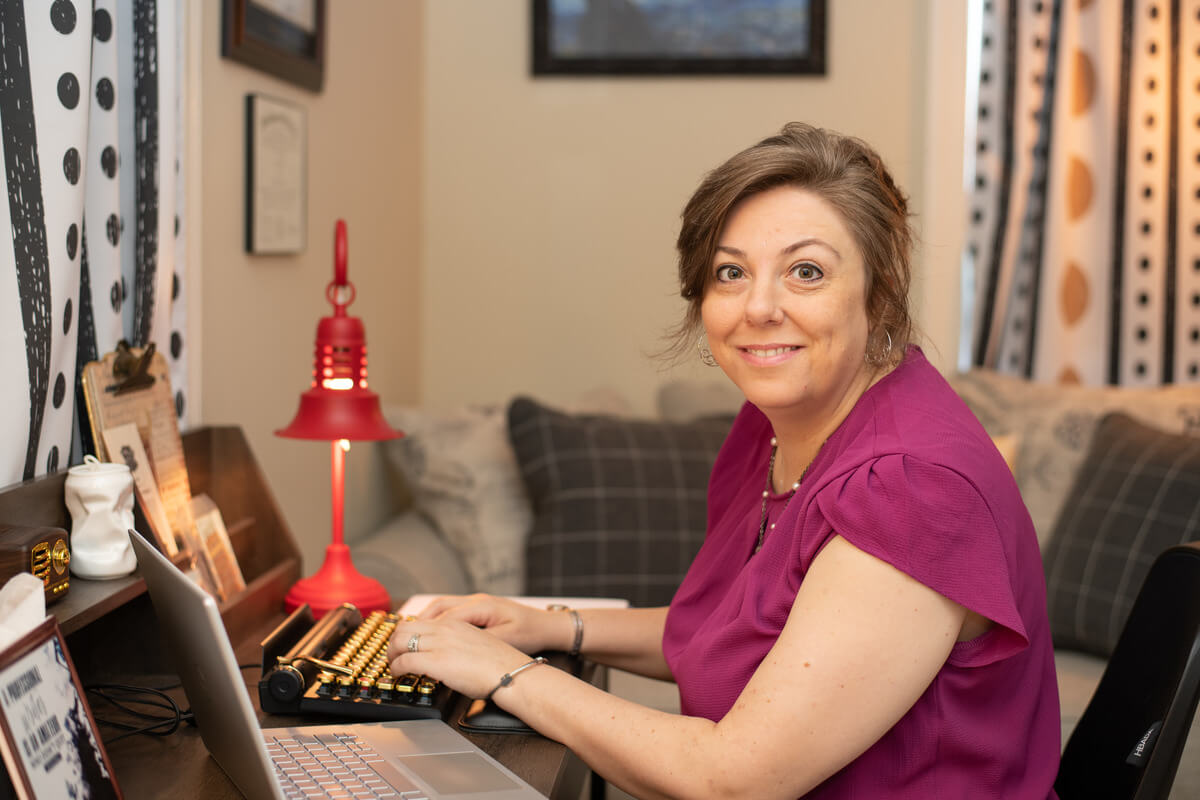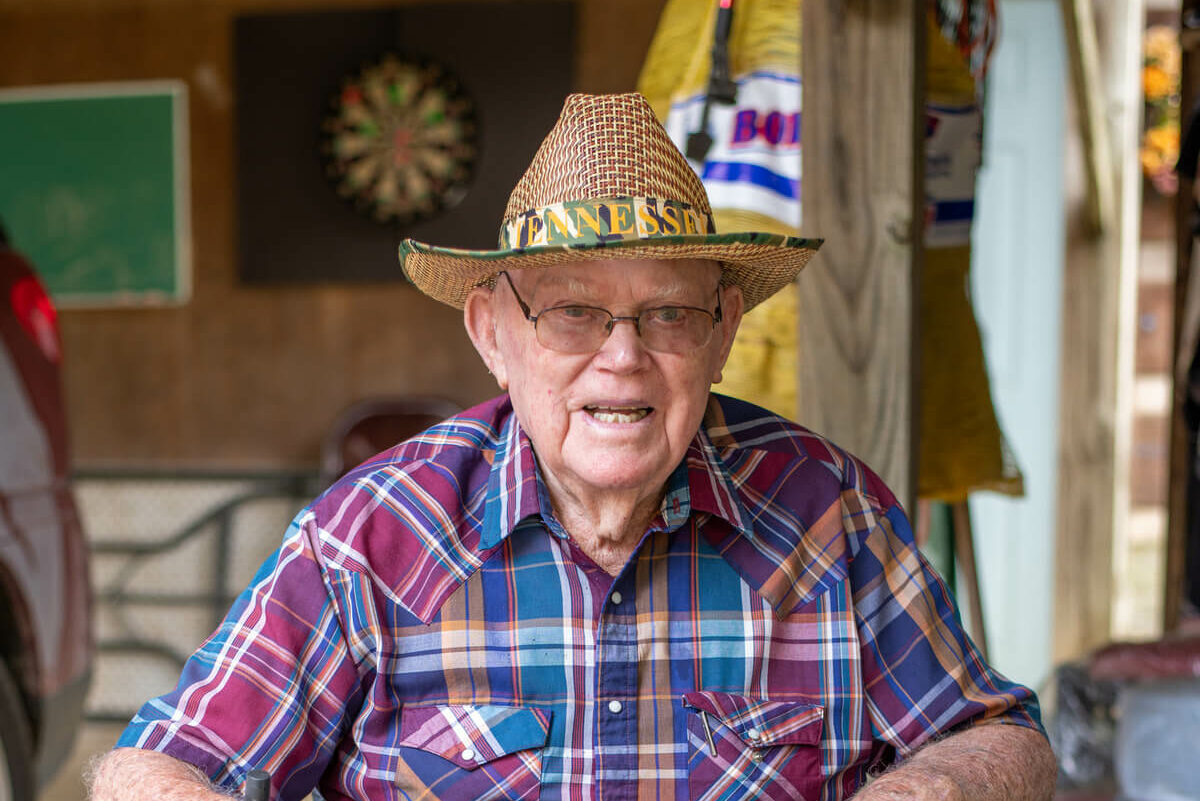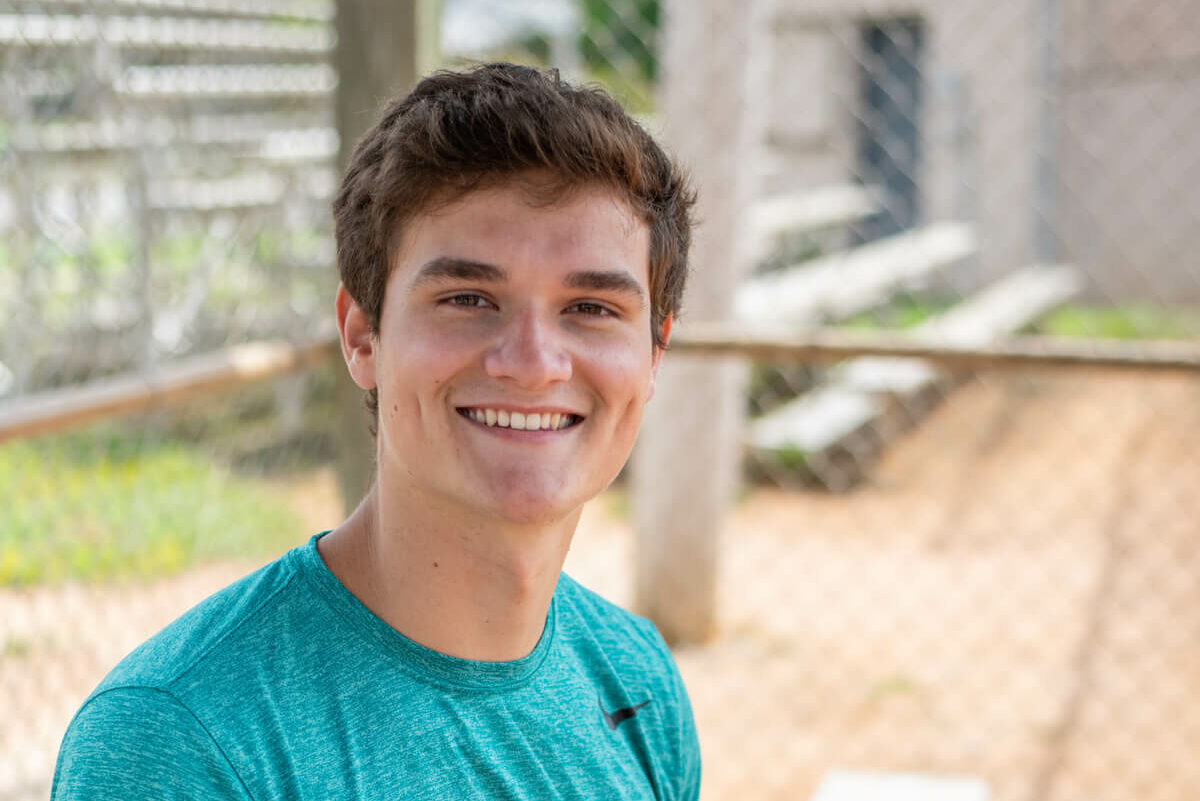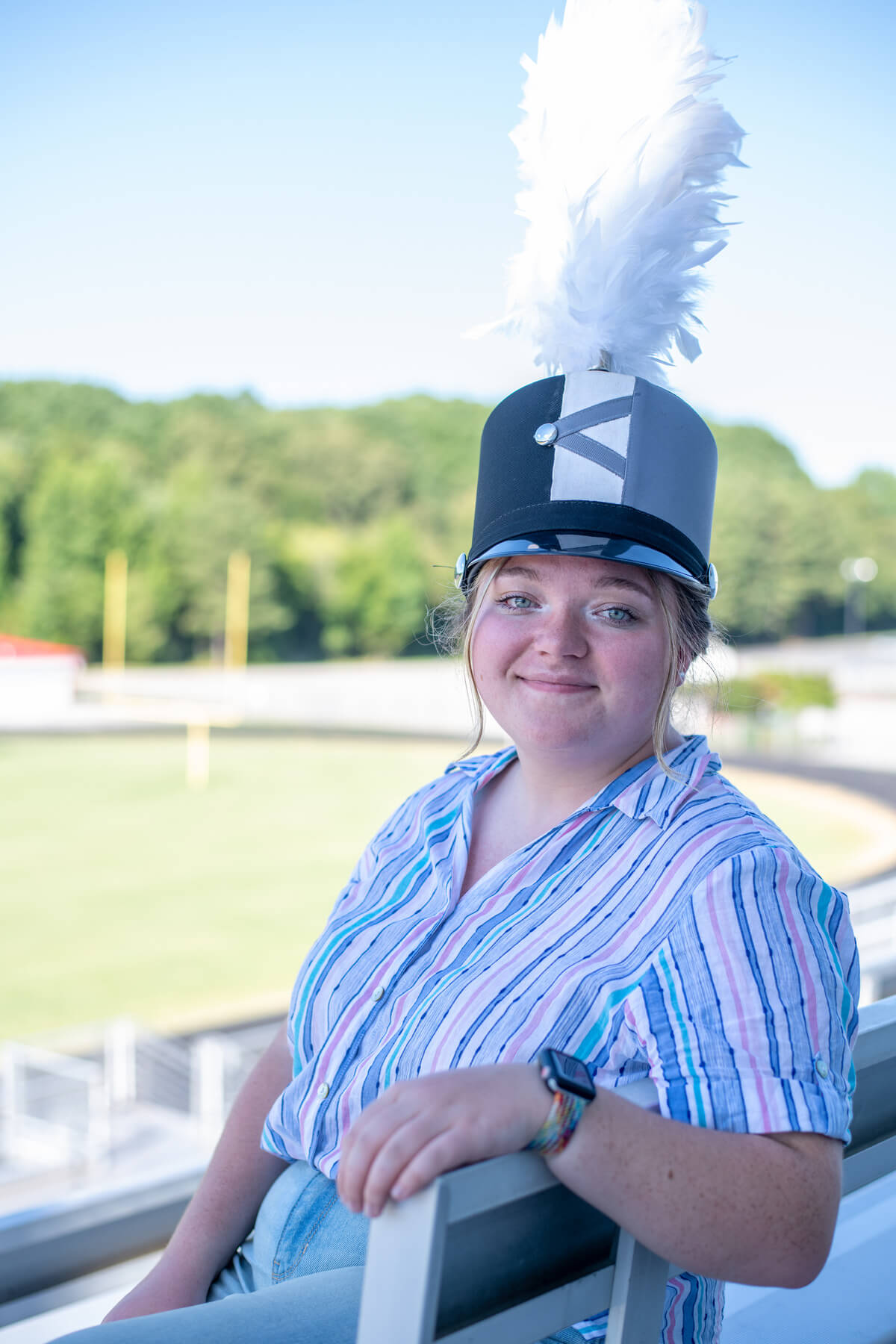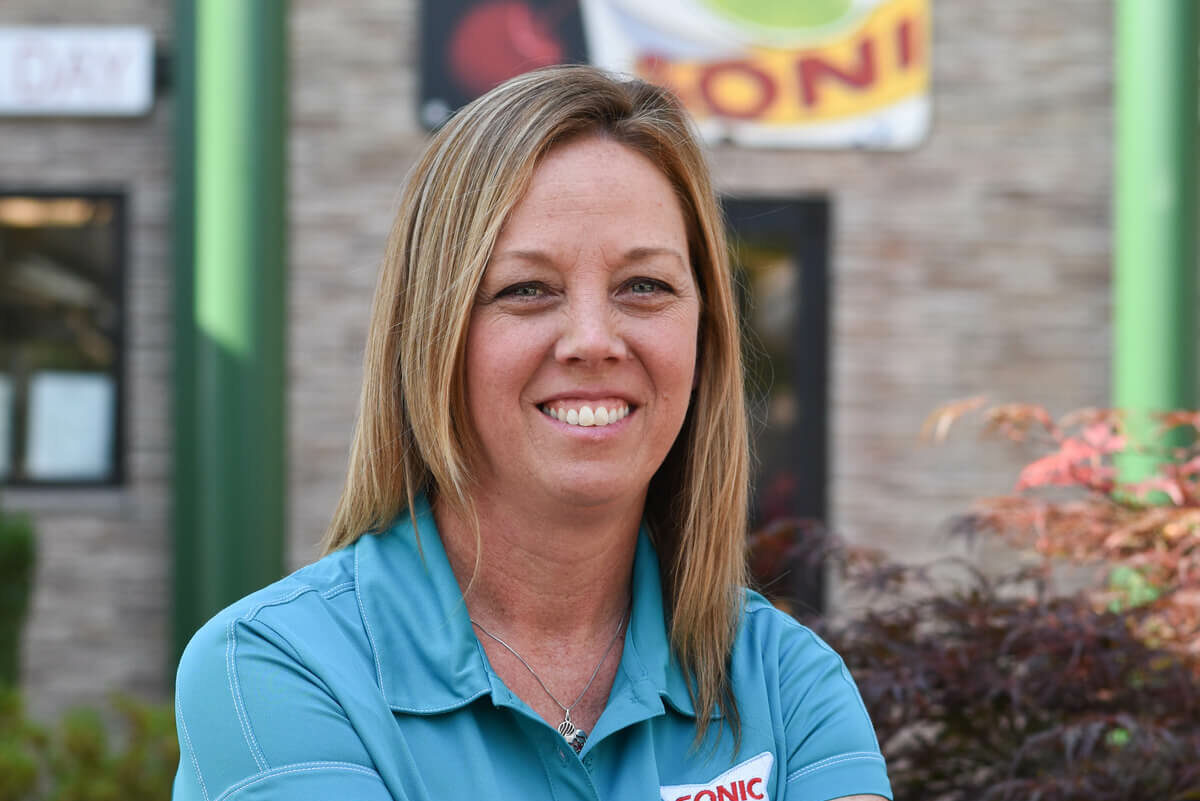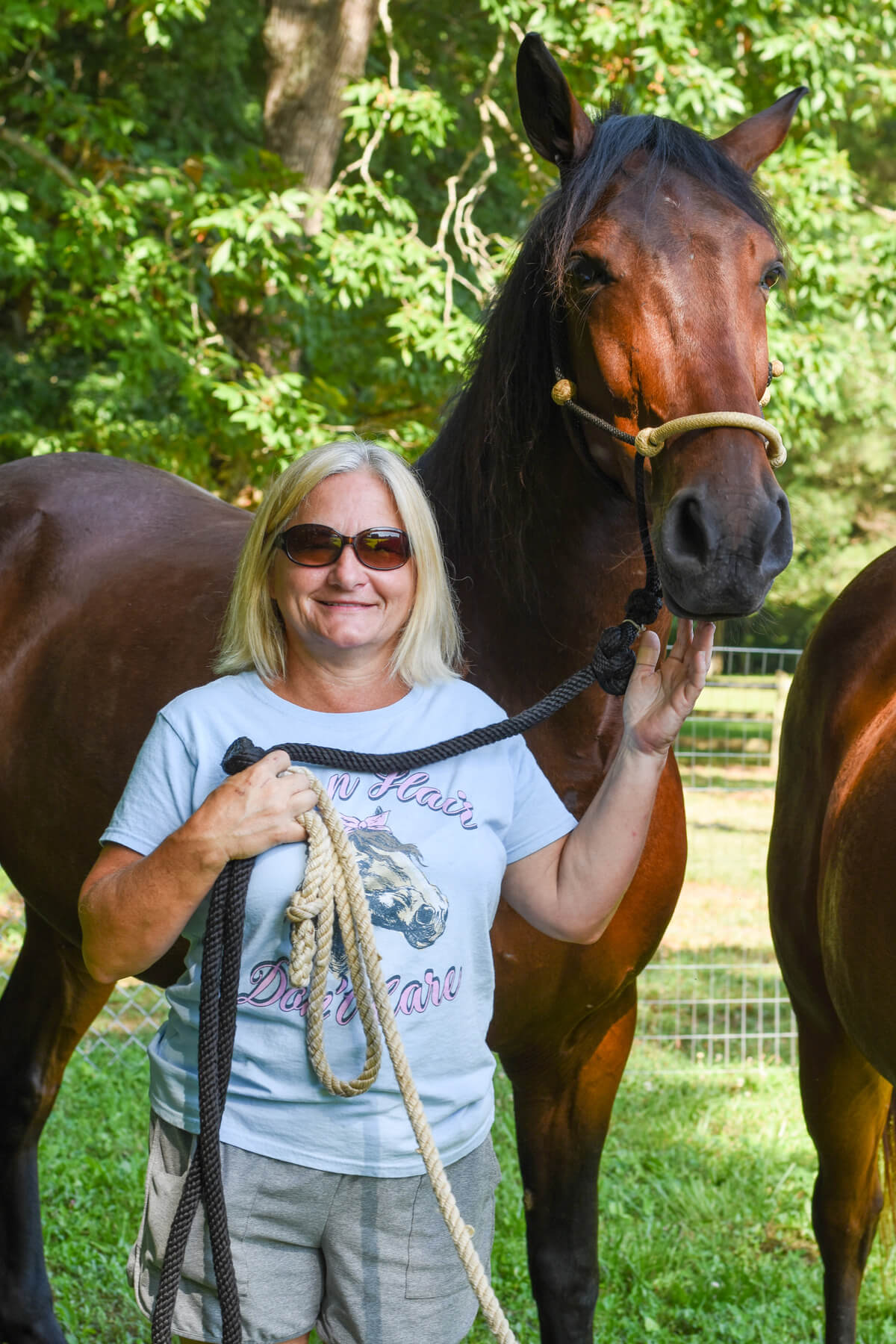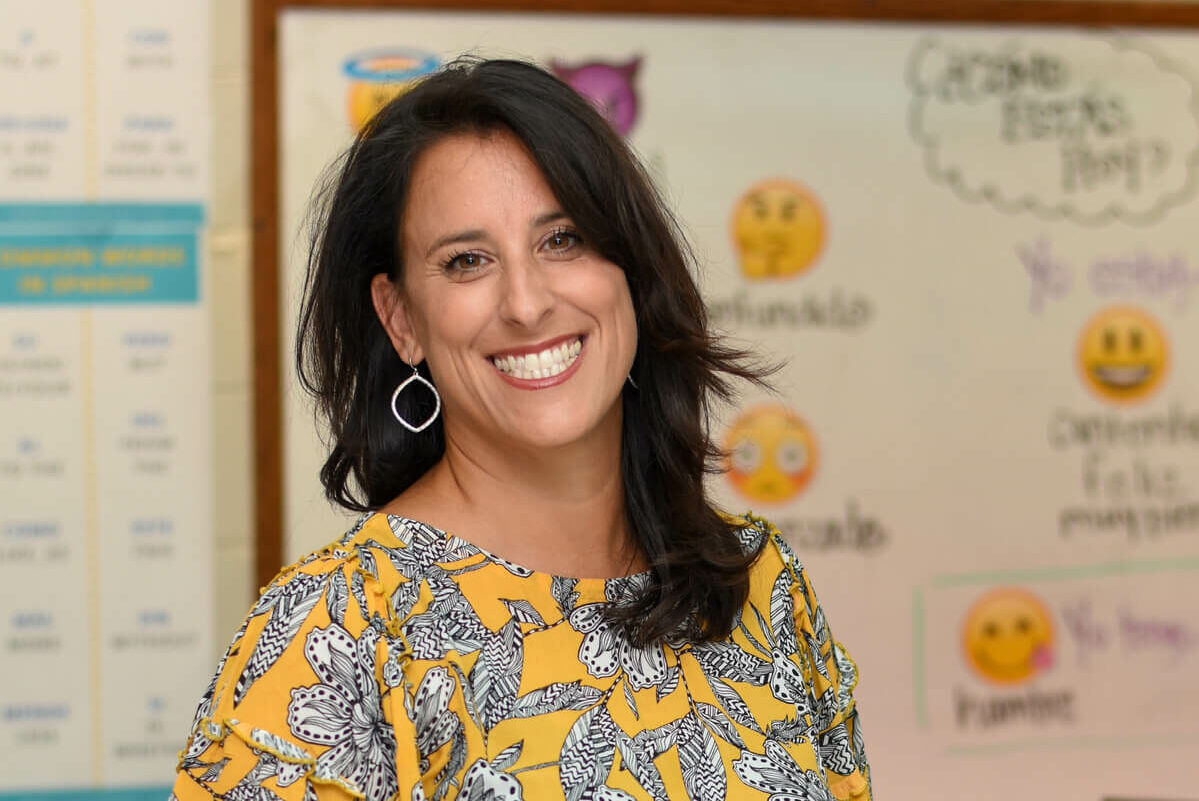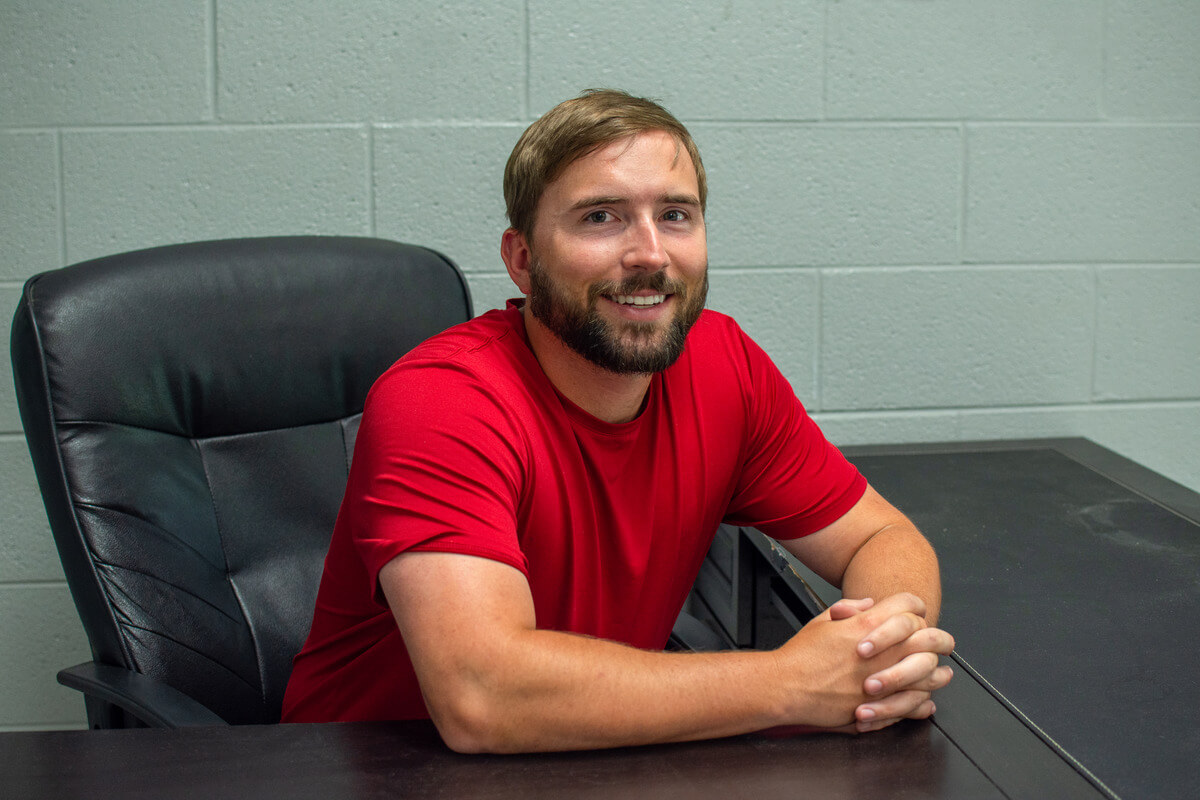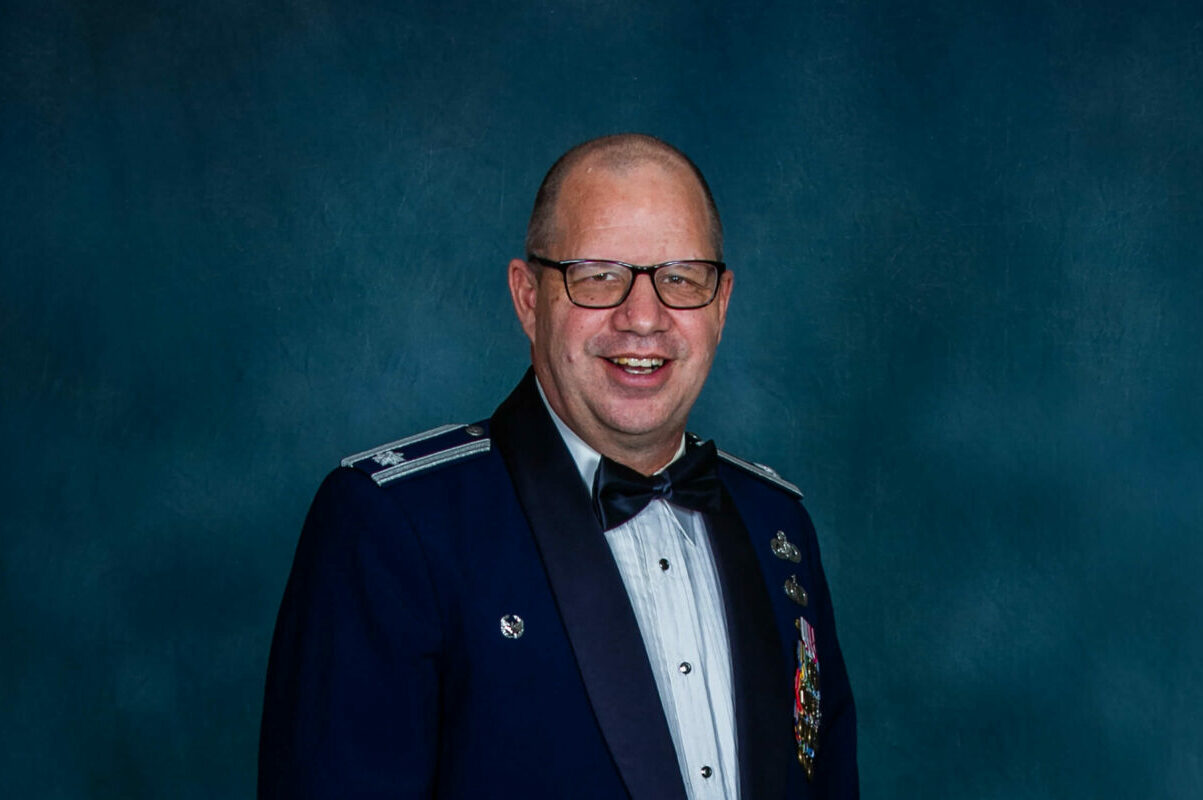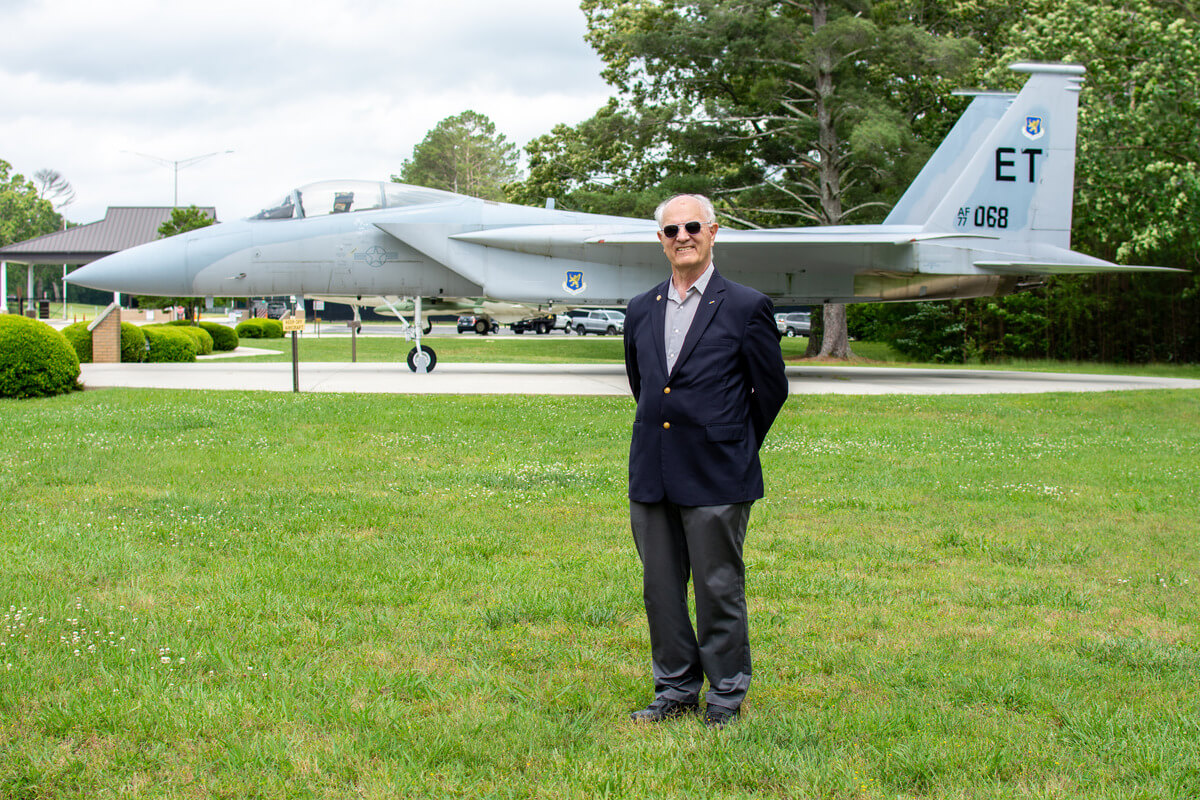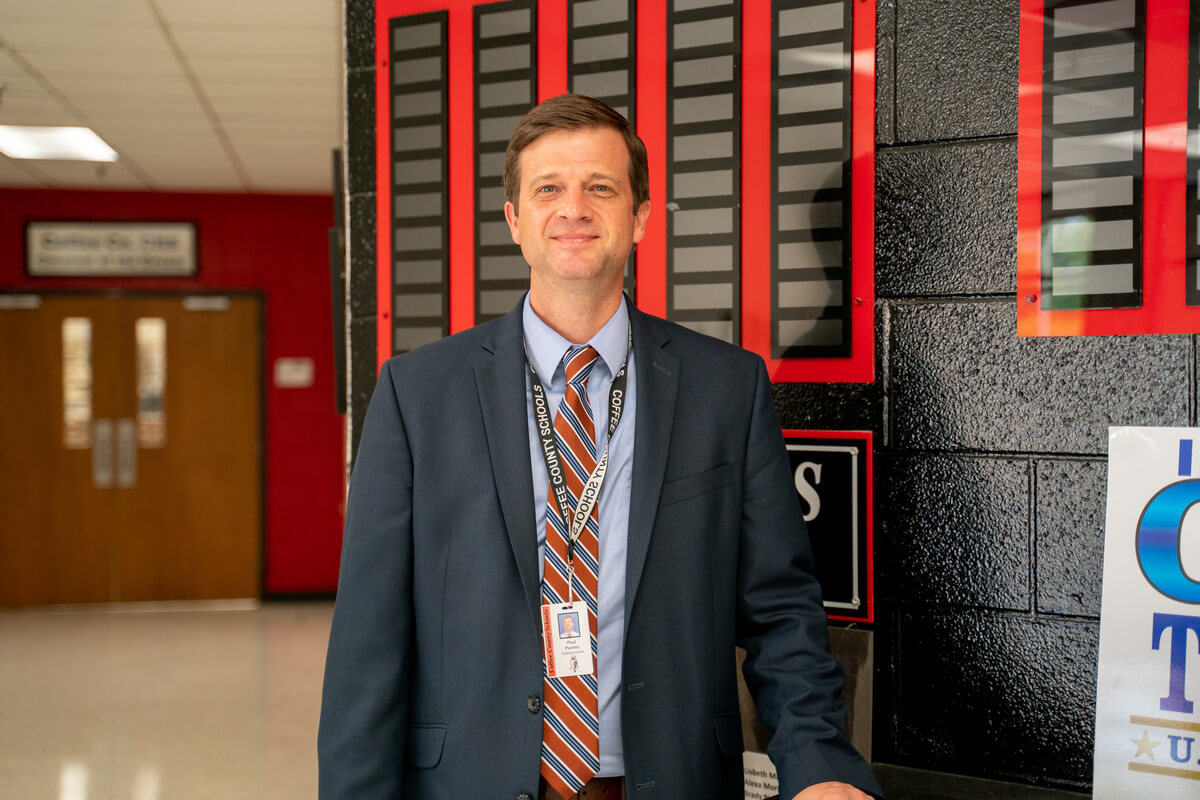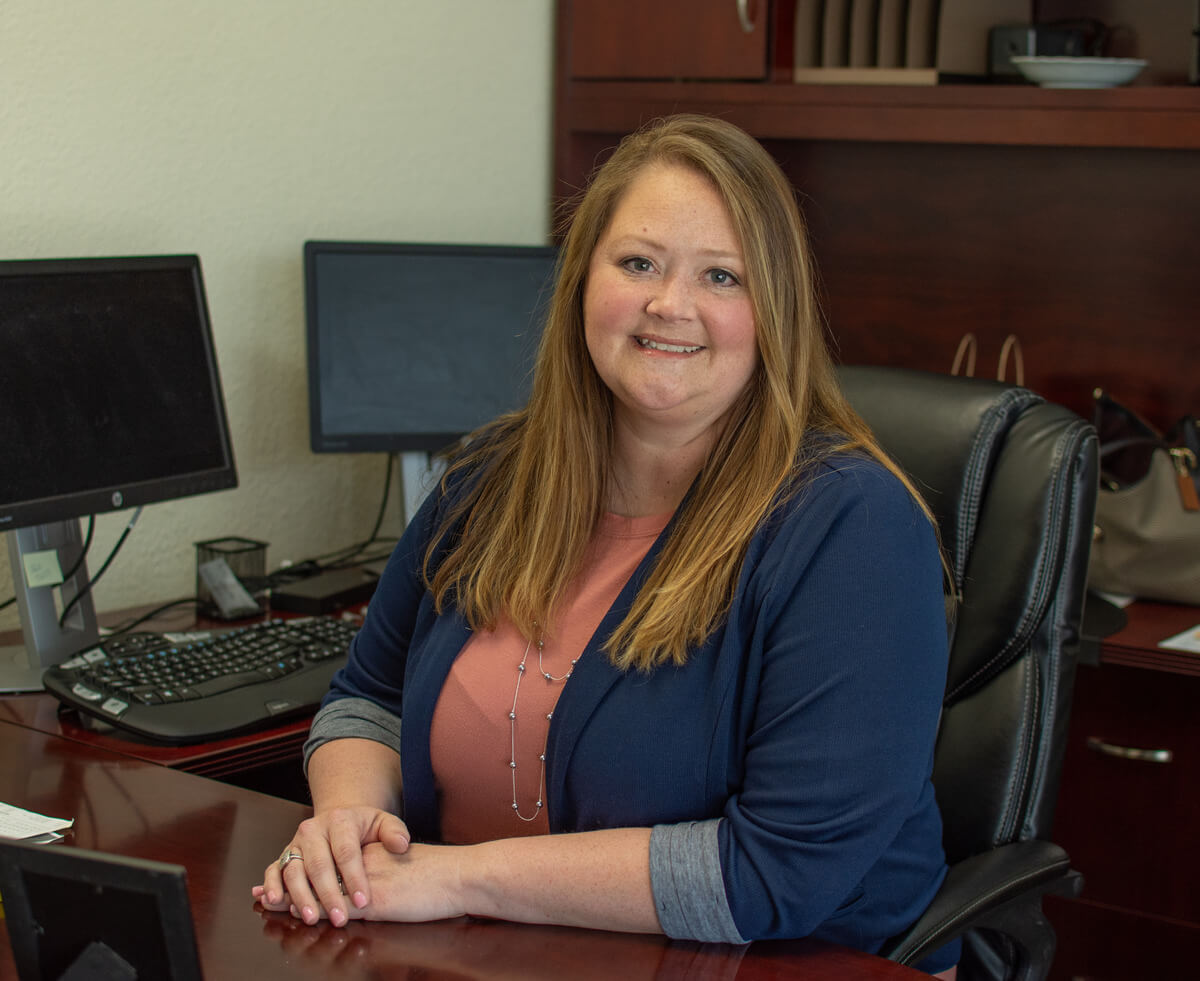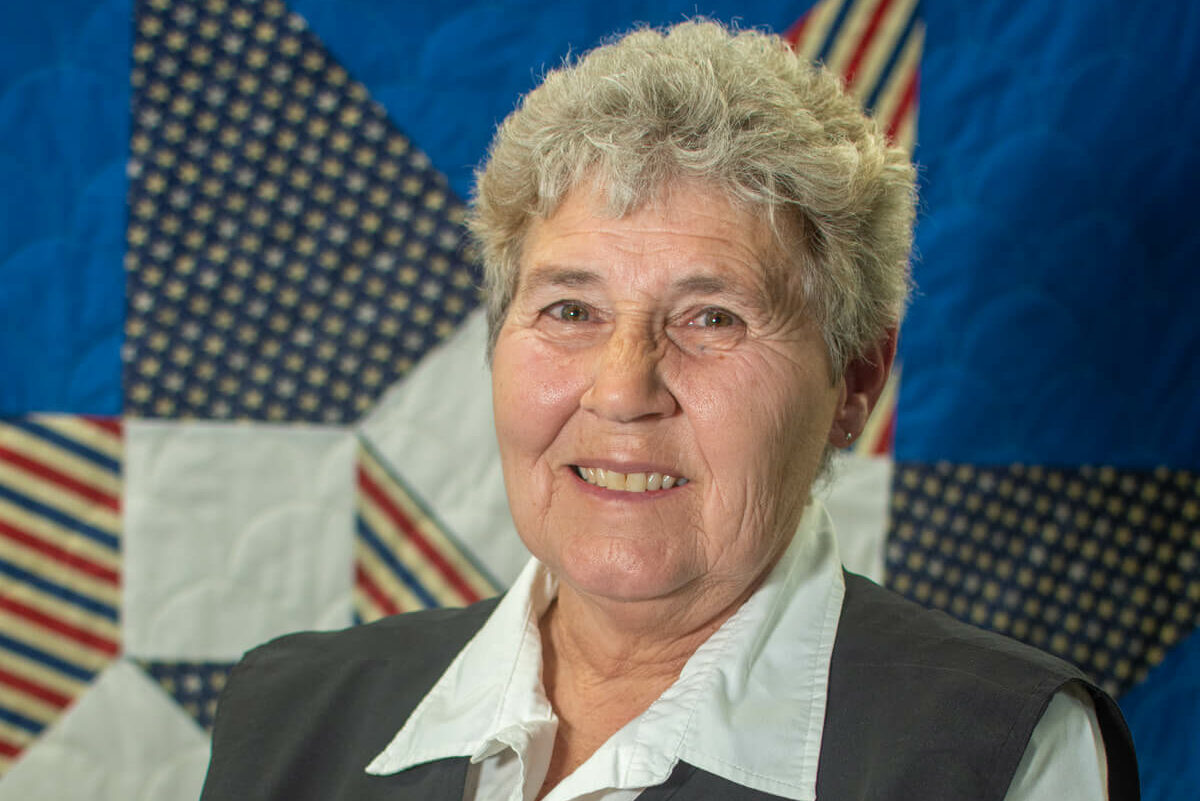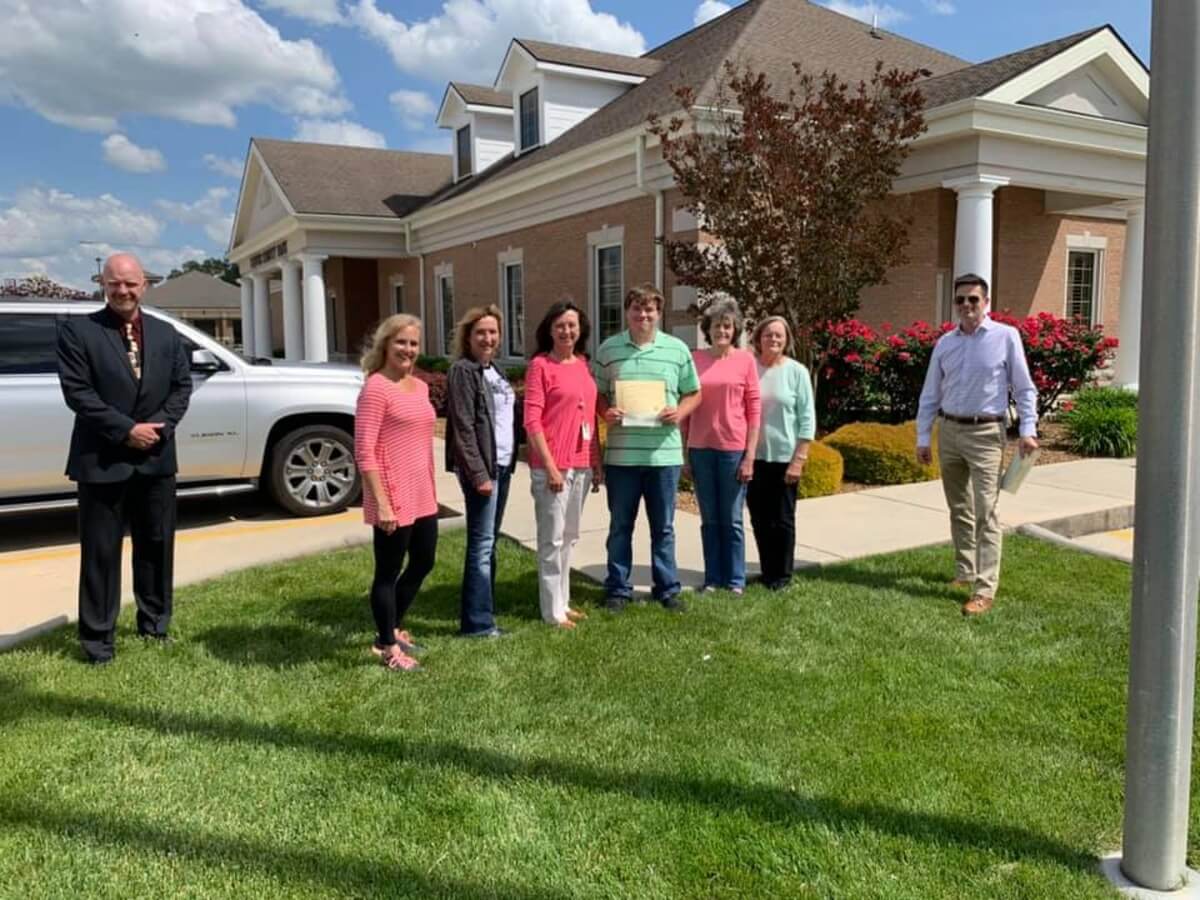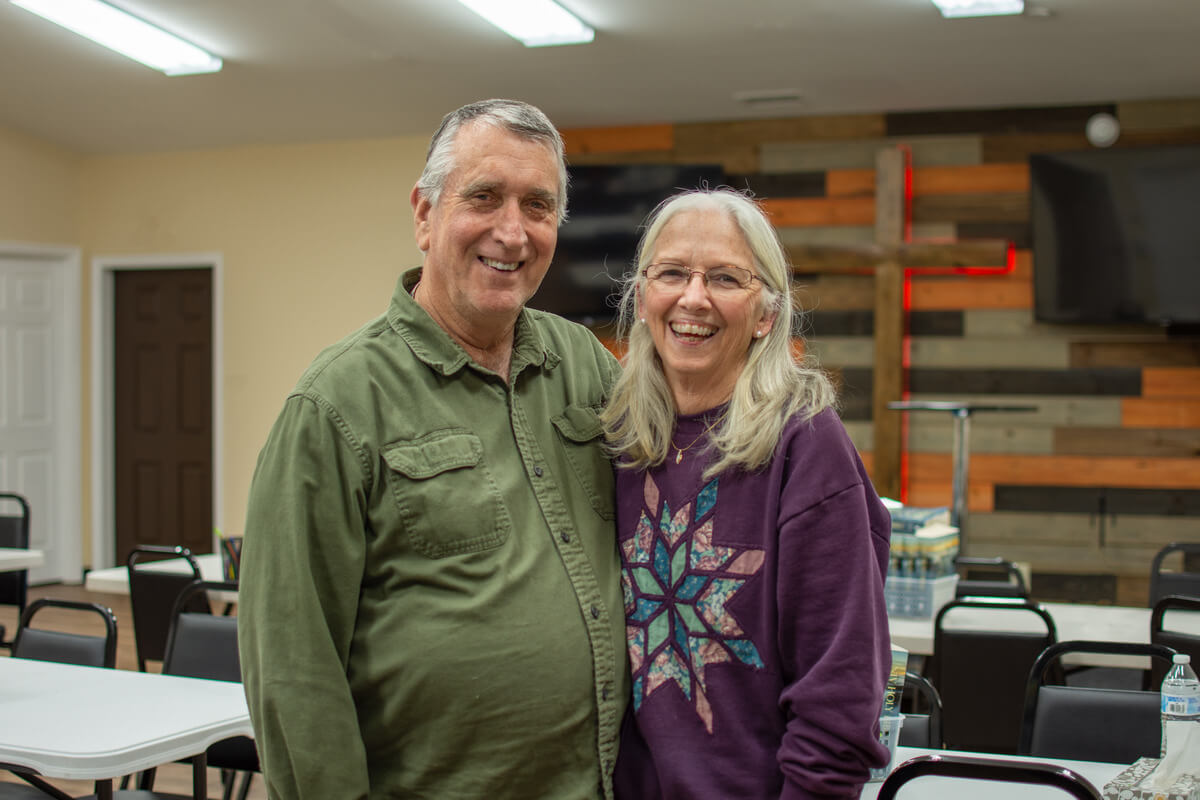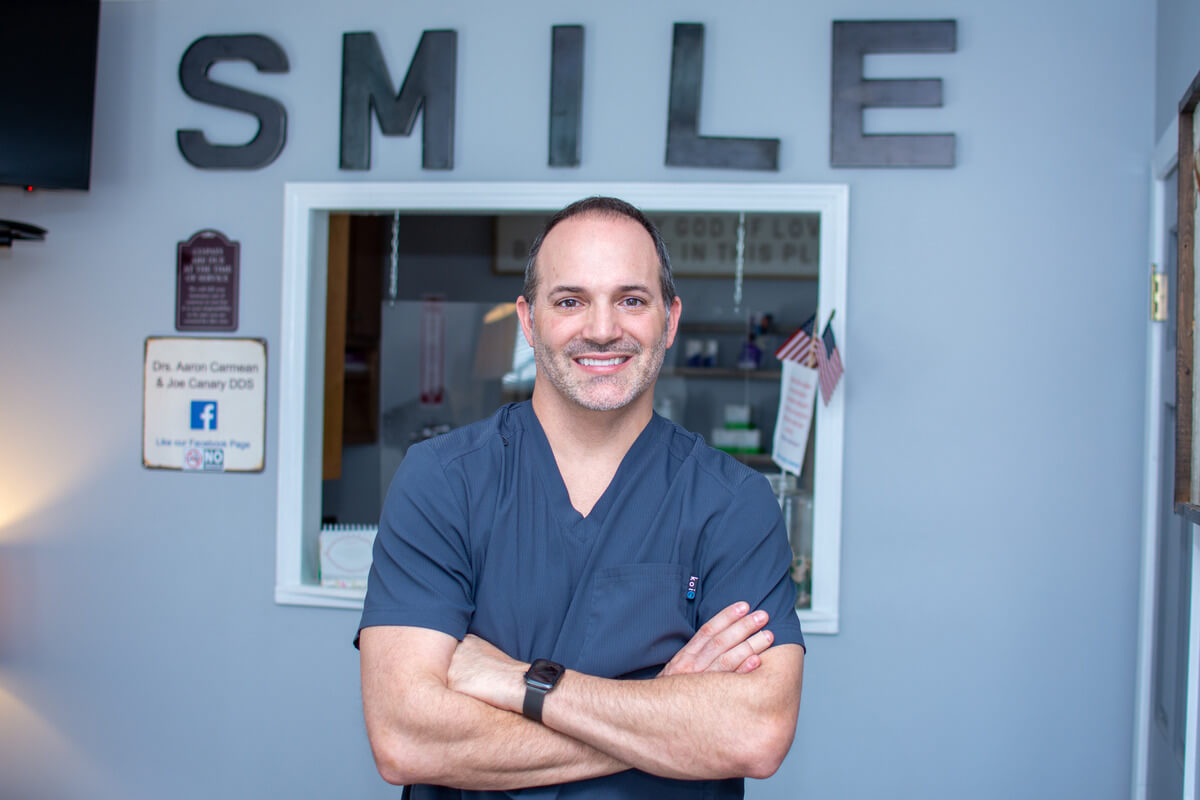WHEN ELIZABETH Peckinpaugh signed on to help launch the Coffee County Virtual Academy (CCVA) five years ago, she had no idea she was stepping into a role that would reshape her view of education and the lives of dozens of students.
“I was actually out in Nashville in an in-person school when COVID hit,” she said. “Apparently, it was a skill that I had. I was actually very good at virtual teaching and lesson structure. I wasn’t expecting to be good at it.”
Today, she serves as the facilitator of the Coffee County Virtual Academy, a fully asynchronous, tuition-free public school option for grades 6–12. Alongside her colleague, Betsy Smith, the two-woman team customizes lessons, supports students, and oversees a program that serves a maximum of 70 students, as dictated by county policy.
“We are a completely separate licensed school in Coffee County,” Peckinpaugh said. “We are not homeschool, we are not the alternative school. That’s a misconception we battle all the time.”
Students enrolled in the academy complete their coursework online, including tested subjects, but the learning doesn’t stop at a screen.
“Our kids have scheduled live sessions with us as well. And for certain things, like dissection labs in science, we bring them in for in-person instruction,” she said.
The program has evolved since its inception. From graduating just three students in its first year, the academy celebrated its largest class last year with 28 graduates.
“Those kids — we’ve had them since eighth grade,” she said. “We call them our ‘OGs.’ Watching them walk across the stage was the most rewarding thing I’ve ever done.”
Though the program isn’t for everyone, it fills a gap for students who need a nontraditional learning environment.
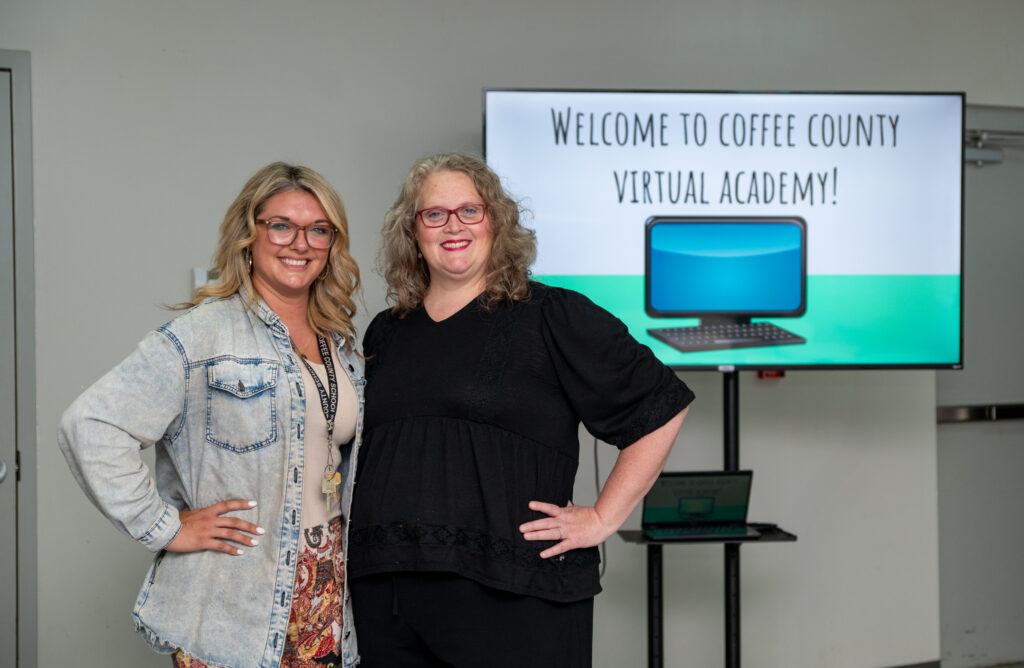
“We interview every student before they’re accepted,” Peckinpaugh said. “It’s not an application, it’s a screening. We want to make sure it’s a good fit. Some kids think it’s going to be easy, but it’s a rigorous, fast-paced program. We look for self-discipline, and we ask for teacher referrals to understand their work ethic.”
The reasons students choose this path vary from social anxiety, medical issues, grief, or a desire to dual-enroll in college.
“We had a student last year who graduated a semester early and also graduated with her associate’s degree from Motlow. It was incredible,” she said.
Peckinpaugh and Smith wear many hats: educators, coordinators, counselors, and motivators. They go above and beyond to ensure students don’t fall through the cracks.
“Every Friday, I go in and progress monitor every single student. If they’re behind, I contact them, and if I don’t hear back, I will hunt them down. Betsy and I have knocked on doors. We’ve gone to their jobs. The kids know we’re serious,” she said.
That level of commitment has created a surprisingly close-knit environment.
“Even though it’s virtual, we get to know these kids really well. We’ve had students shock us, in a good way. They came in and we didn’t think they’d make it, but they thrived.”
The academy doesn’t just support academics. It also provides emotional and social resources, including counselors and certified teachers throughout the county who serve as on-call advisors. There are also in-person writing workshops, ACT prep, and orientation seminars to prepare students for success.
Principal Jeff Johnson and counselor Emily Haston lead the program.
Peckinpaugh said Smith, who has spent 24 years in education, is a wonderful administrator who has taught her a lot in addition to Johnson.
A mother of two daughters, she is also passionate about theater arts. Her work includes leading writing workshops for kids, conducting live sessions in ACT prep, algebra, English, French, and history, and teaching courses at Motlow State Community College.
“I call her our ‘English language arts guru,’” Peckinpaugh said. “She even helps edit papers for publishing. She’s truly one of the biggest assets to the CCVA program and to where I am professionally.”
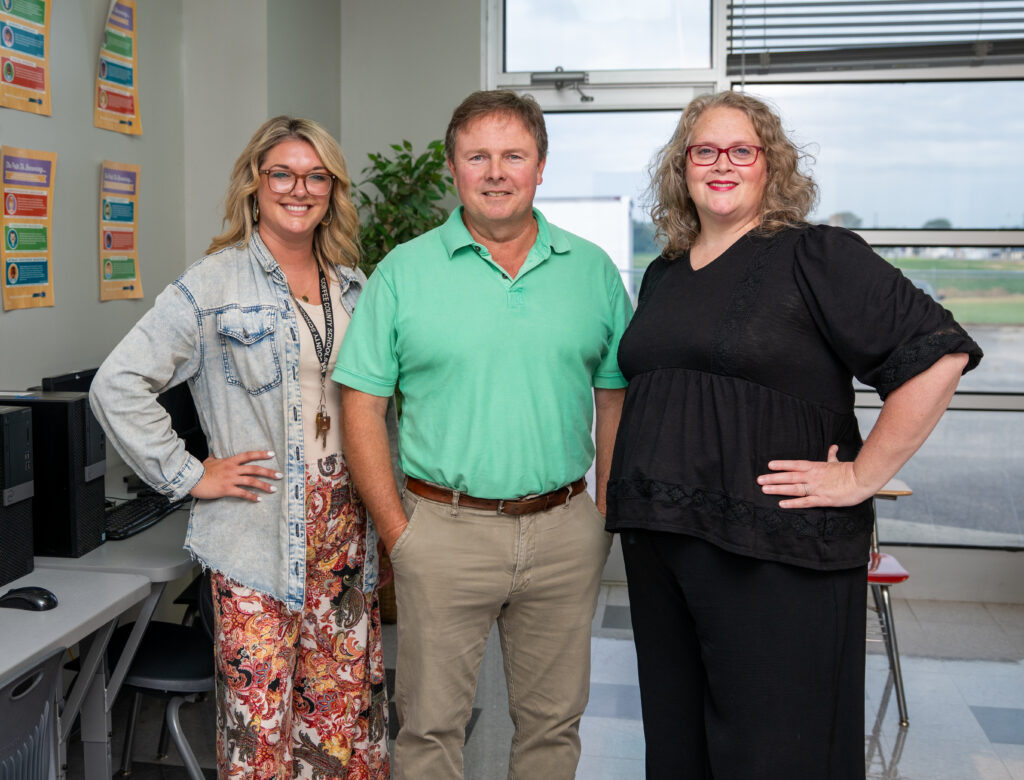
Peckinpaugh said some things simply cannot be taught through a screen.
“So we bring them in for certain projects or labs, and we do a two-week orientation before students begin. We teach them how to use the platform, write professional emails, do case studies — everything they’ll need.”
Outside of academics, Peckinpaugh said she is very involved with her community.
“We love Coffee County and are involved in a lot of charity events,” she said. “We just did a barbecue competition at Common John Brewing Company that raised money for veterans and first responders. We’re also raising money for the Dolly Parton Imagination Library.”
Looking ahead, the academy plans to expand Career and Technical Education course offerings.
“Right now, our only program of study is humanities, which includes psychology, sociology, and fine arts. We want to add cosmetology, engineering, criminal justice, and more,” Peckinpaugh said. “This year, our focus is on having a live teacher for every tested subject.”
Despite its success, the program is not about chasing perfection.
“We’re not trying to be perfect,” she explained. “We’re just trying to get better every year.”
One of the most important lessons she’s learned is how technology, when used correctly, can enhance — rather than replace — real learning.
“Technology doesn’t have to be scary,” Peckinpaugh noted. “We use AI in the classroom. I have students compare writing samples and guess which one was written by a robot. It’s preparing them for the world they’ll enter.”
As for the graduates, her hope is simple: success, no matter the path they choose.
“College isn’t for everyone, and that’s OK. Some of our students go on to amazing universities. Others go to trade school and do incredibly well. One of our grads is already making more than I do and just bought his first house. That’s the dream.”
Sometimes, she admitted, a model like this is not an easy pill to swallow for some.
“It’s different. But the world is changing whether we like it or not,” Peckinpaugh added. “I’d rather be prepared and proactive than reactive. That’s what we’re trying to do here.” GN








